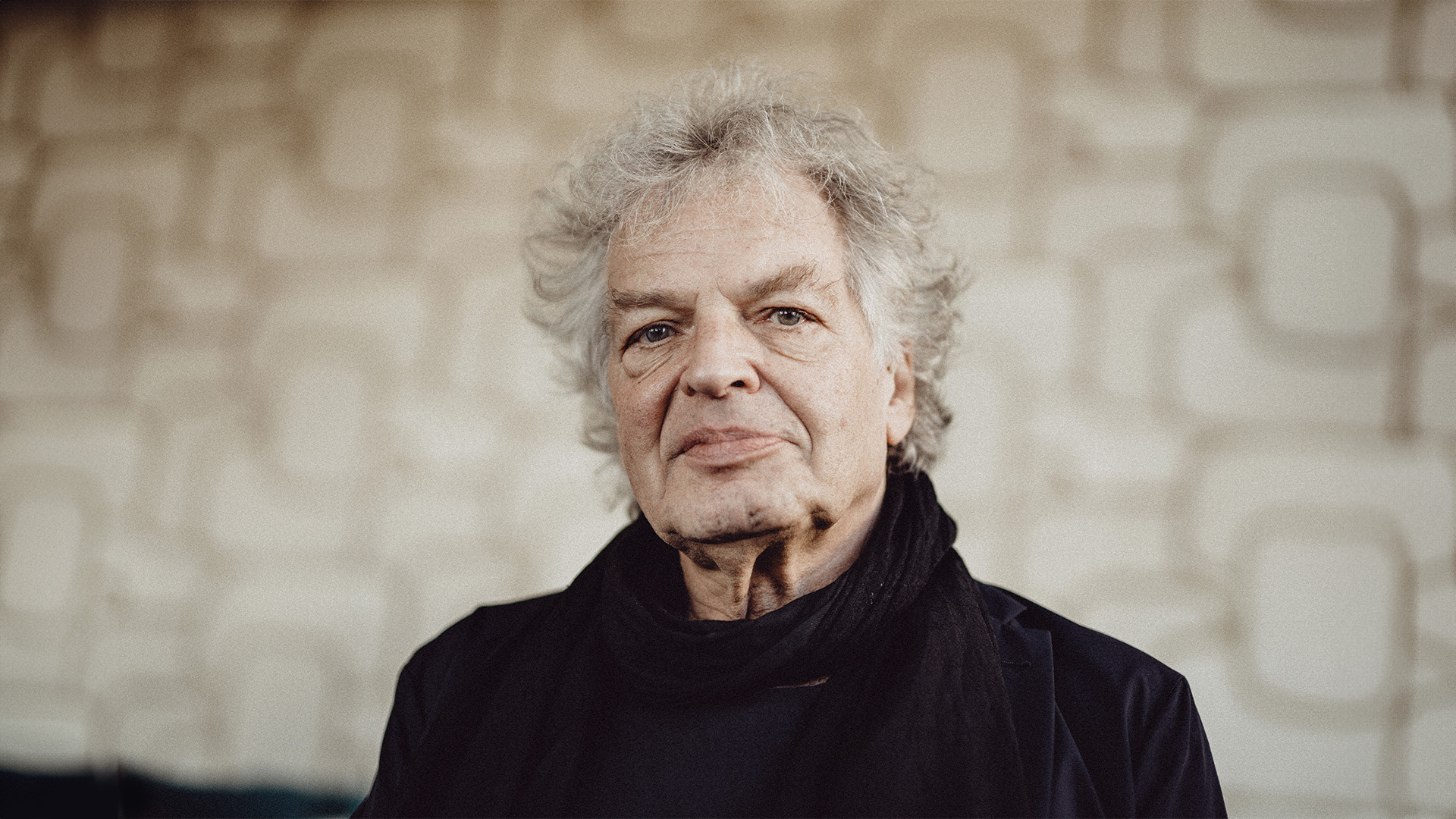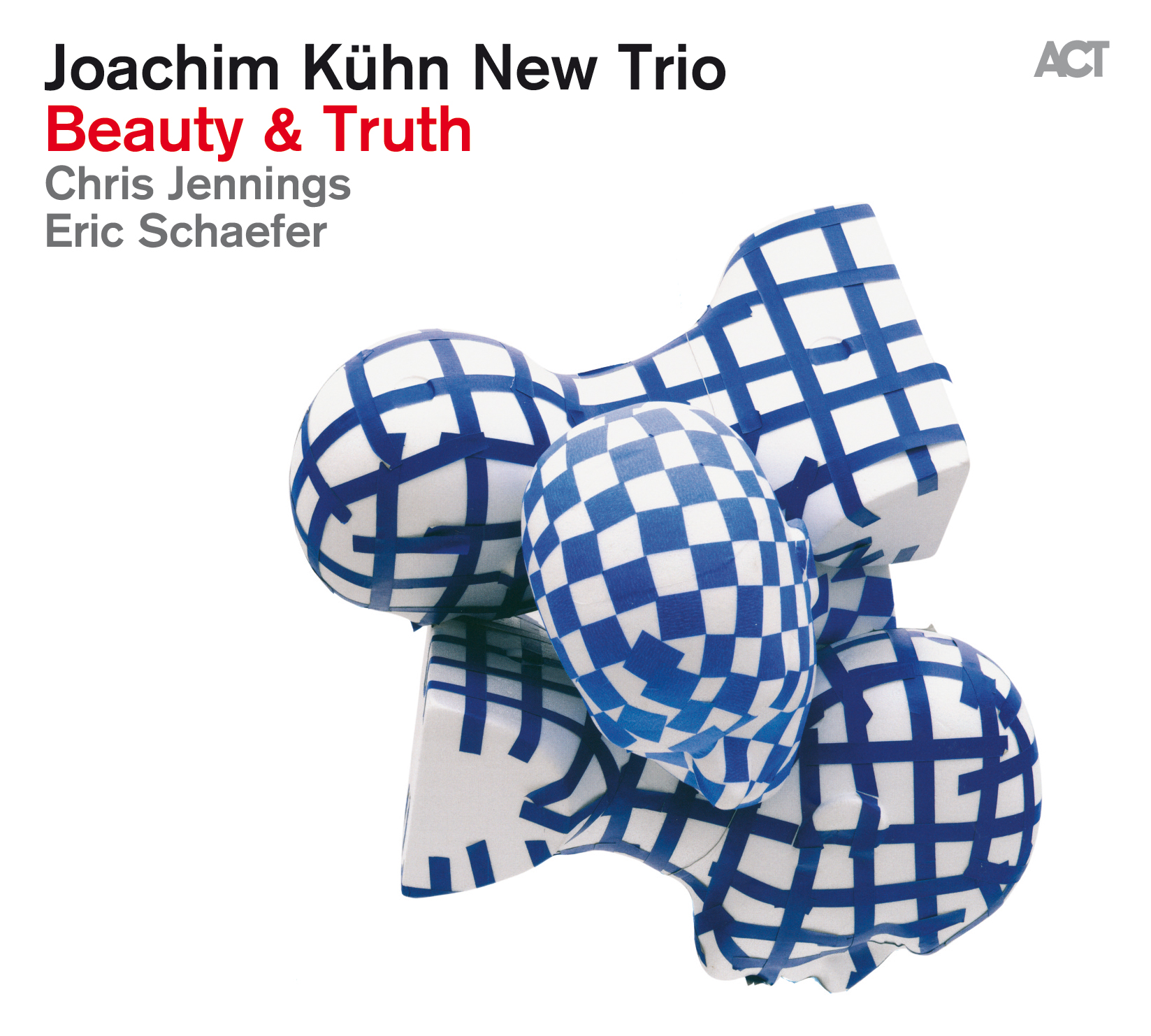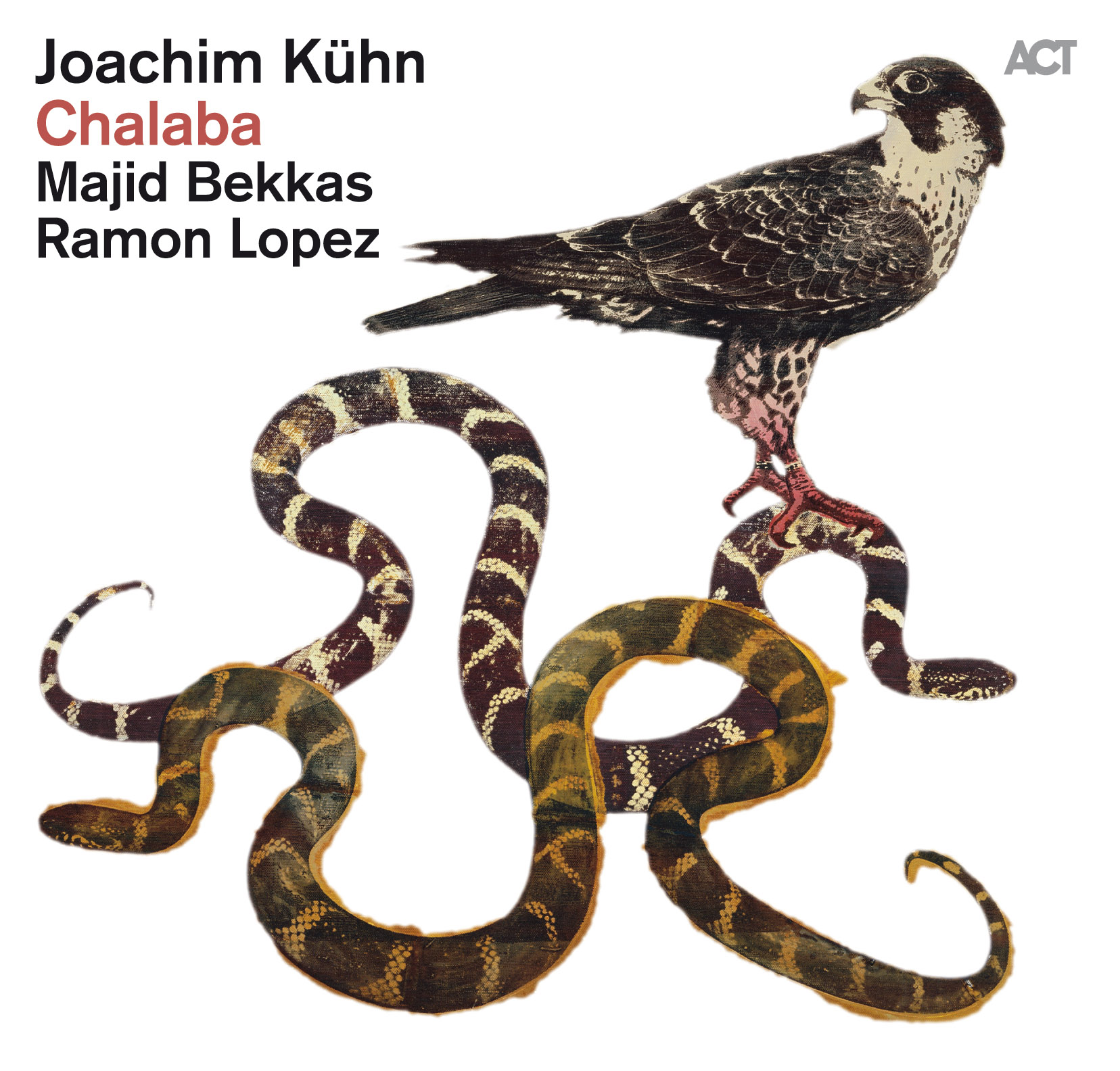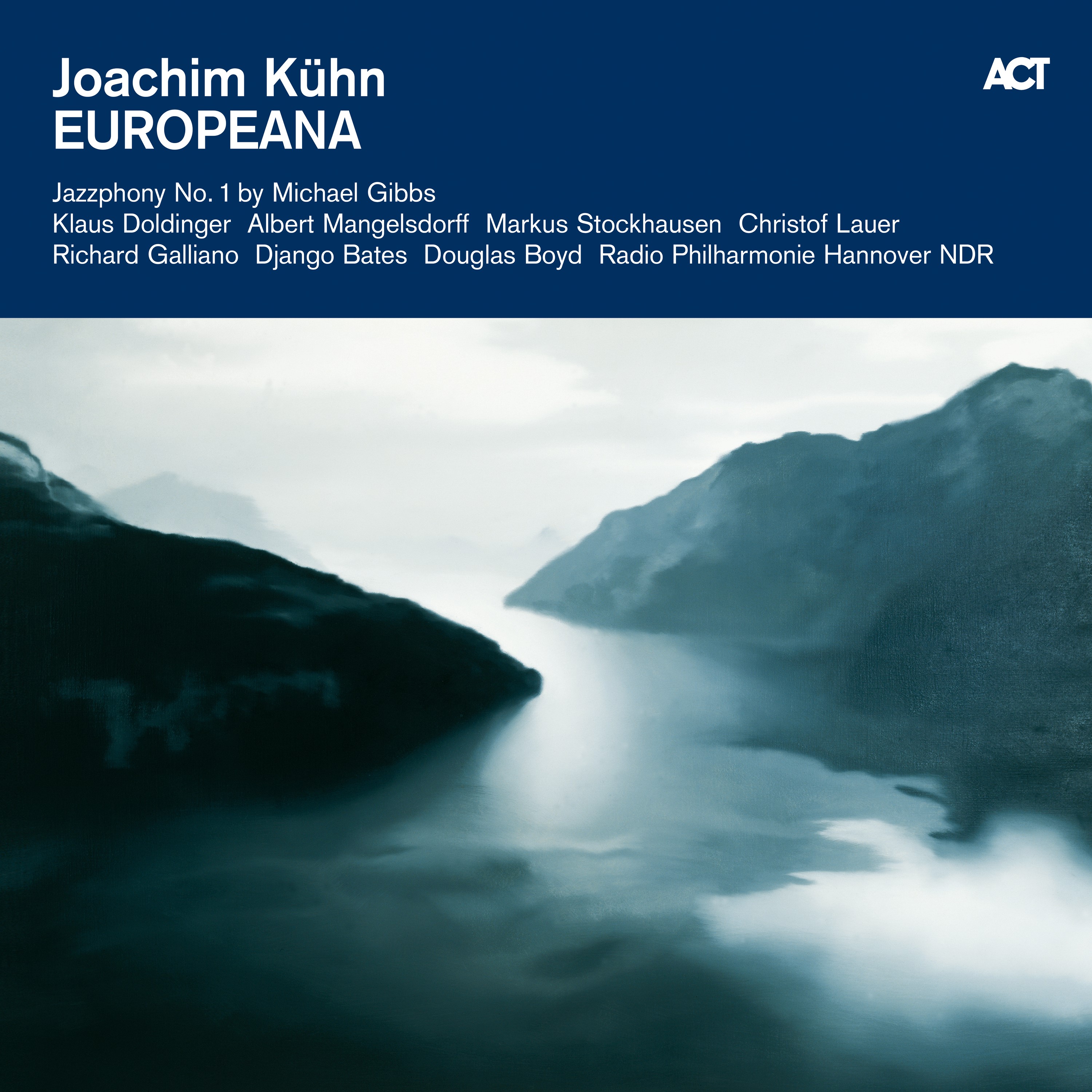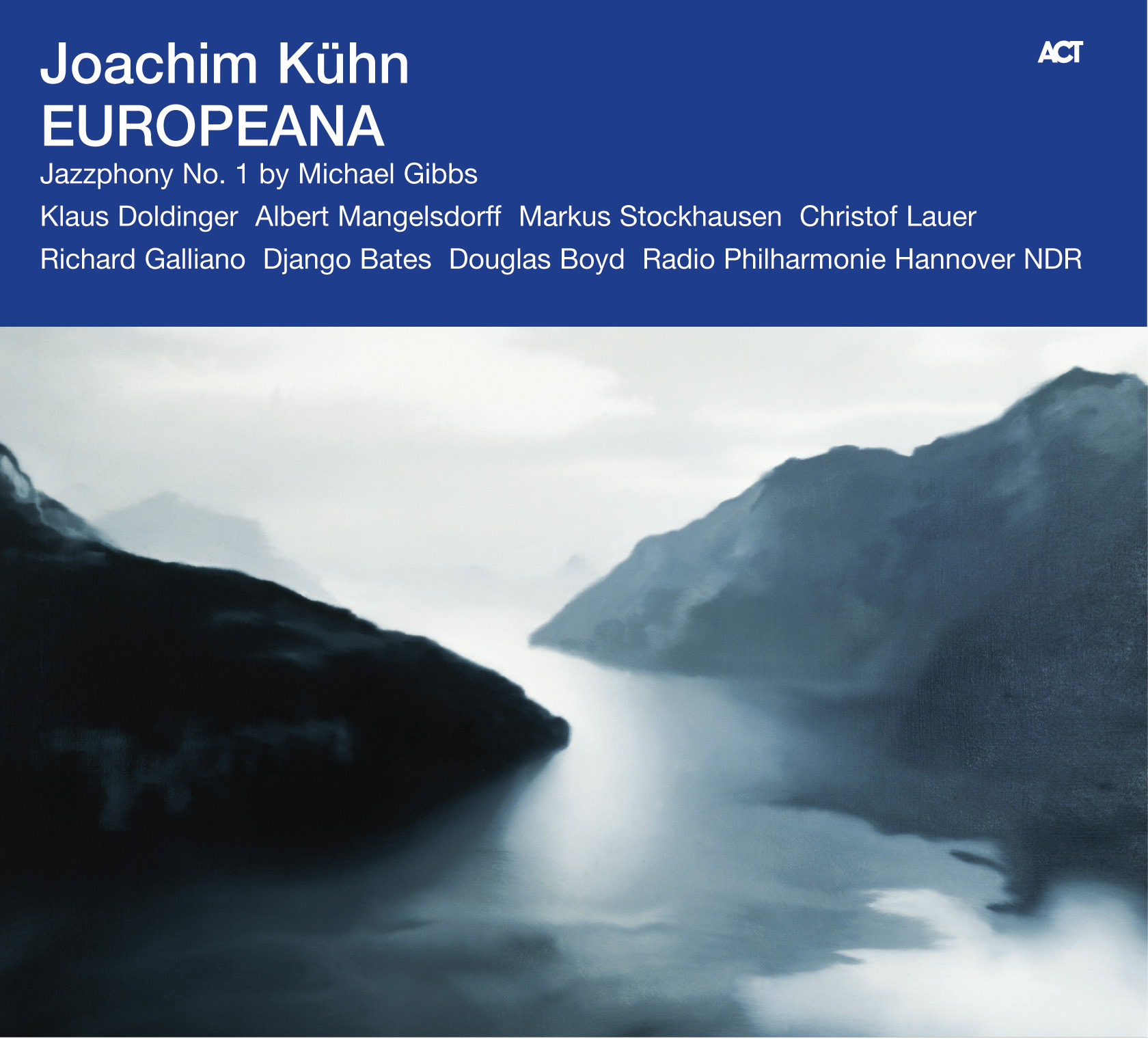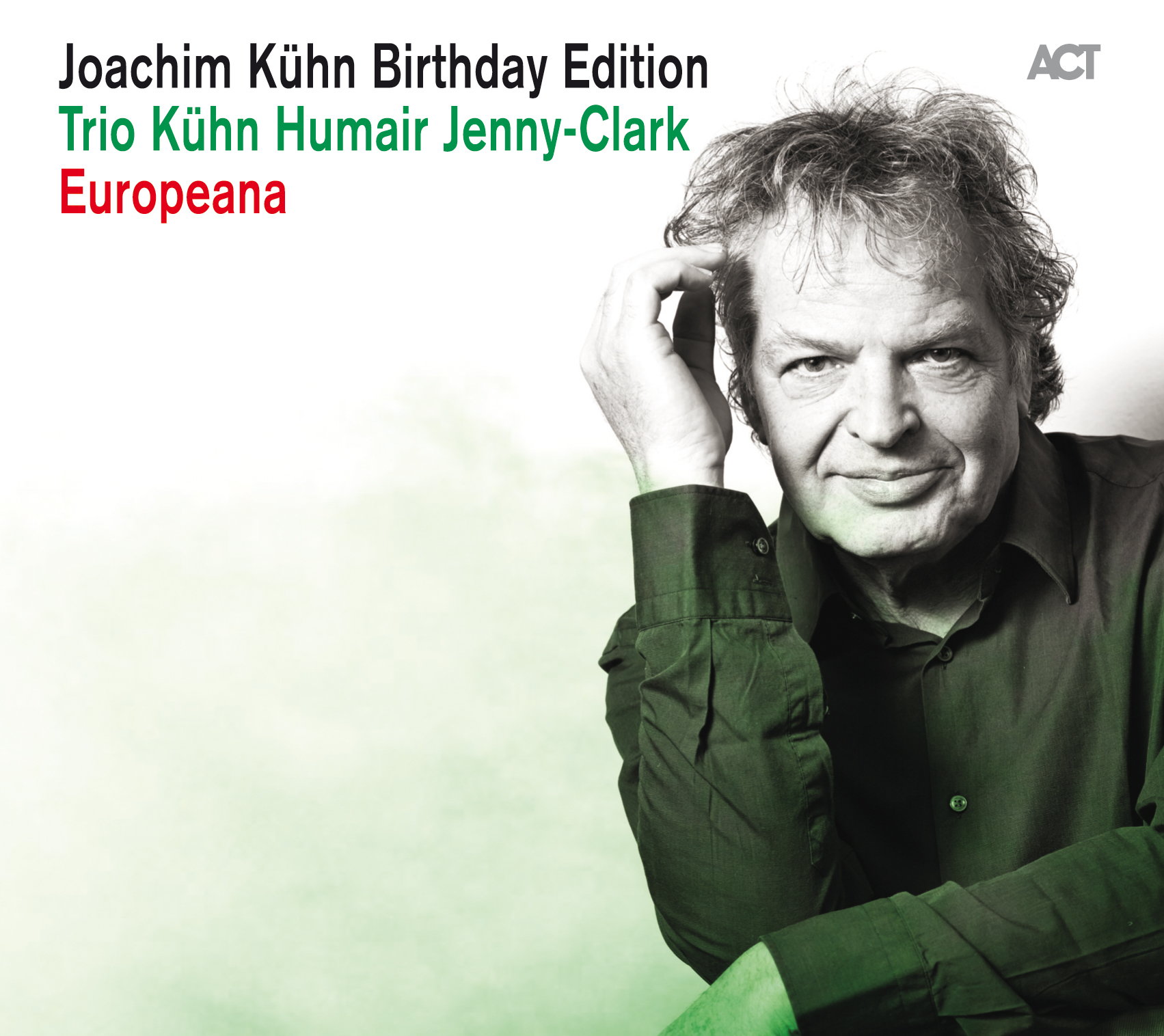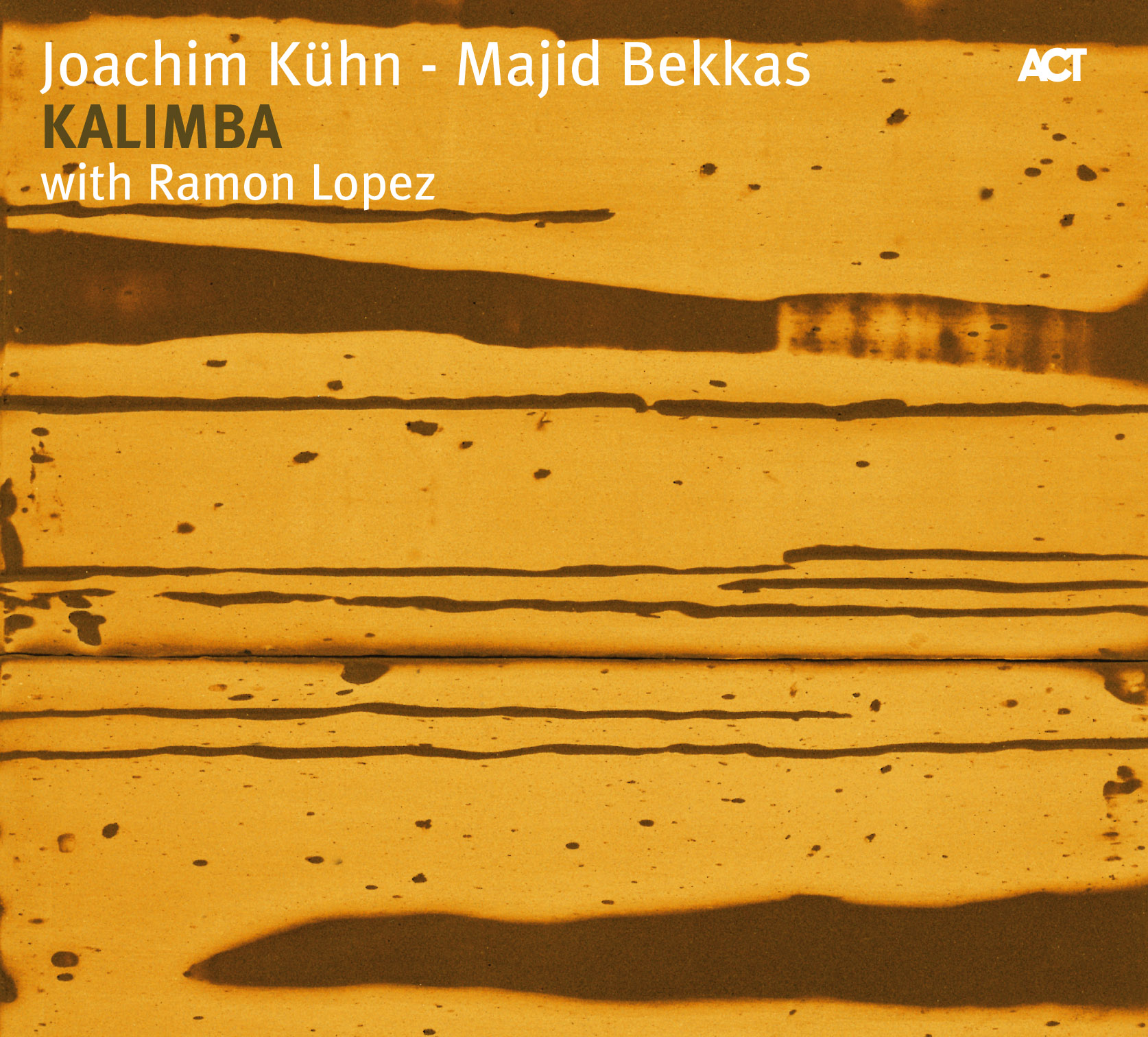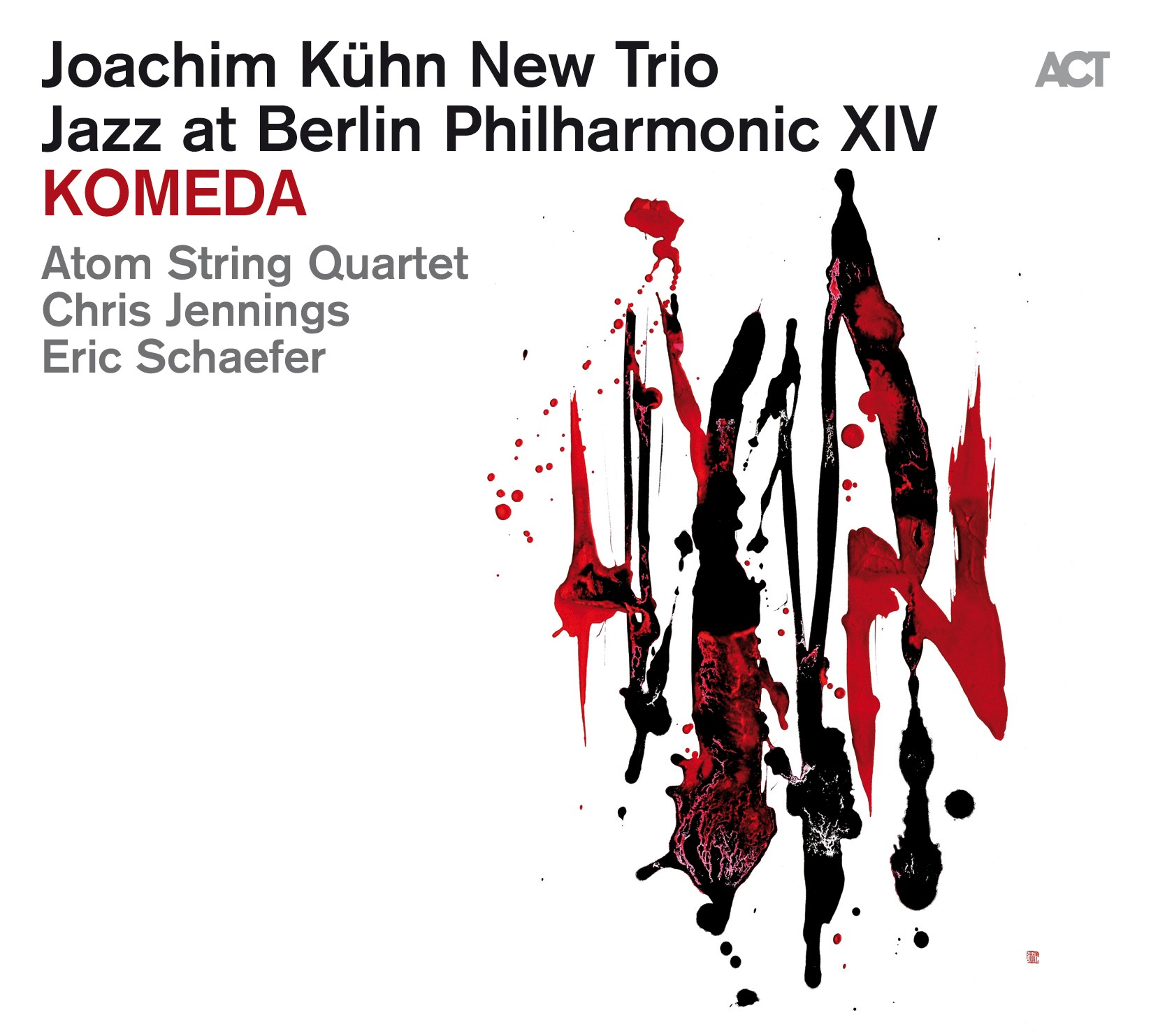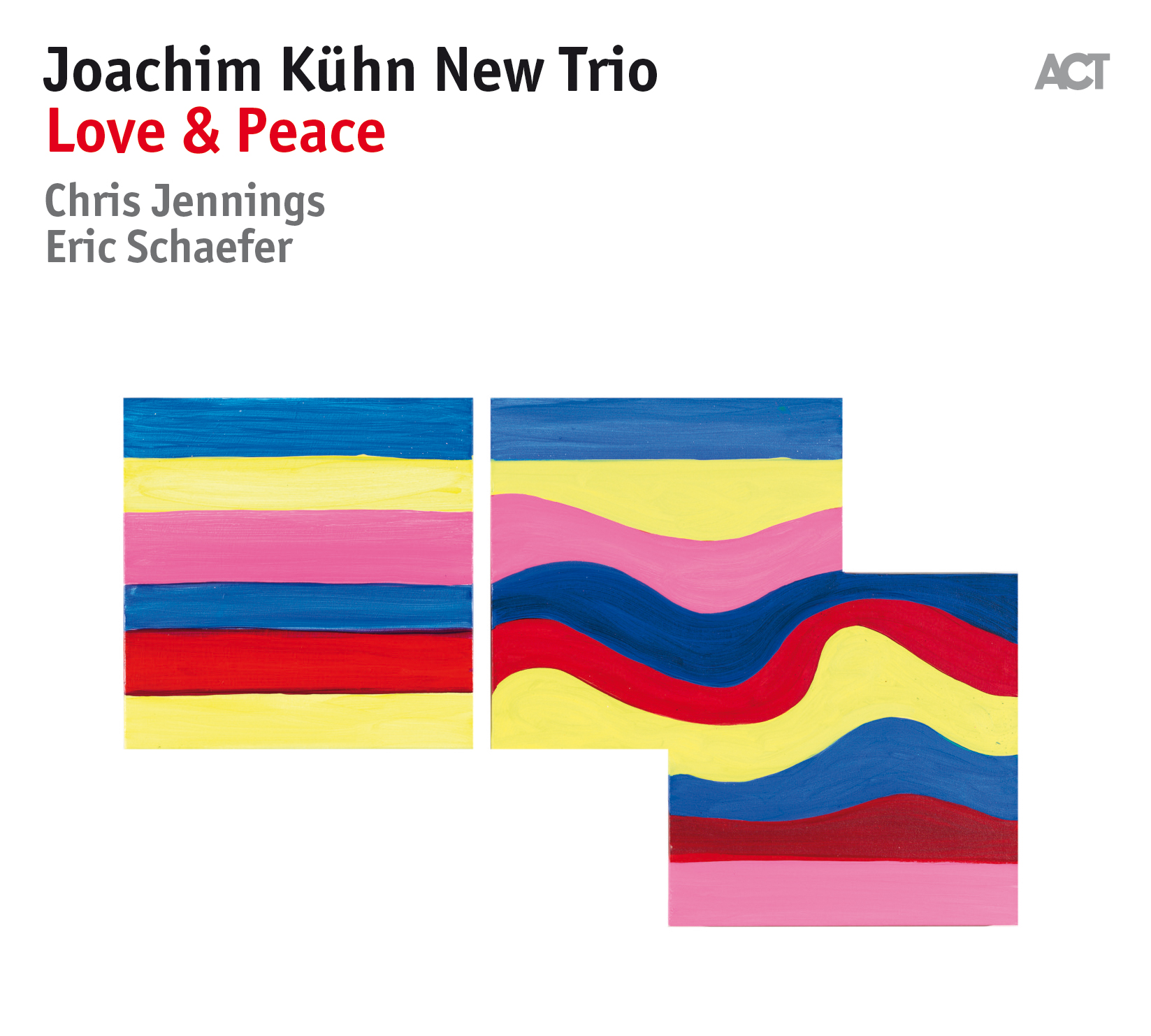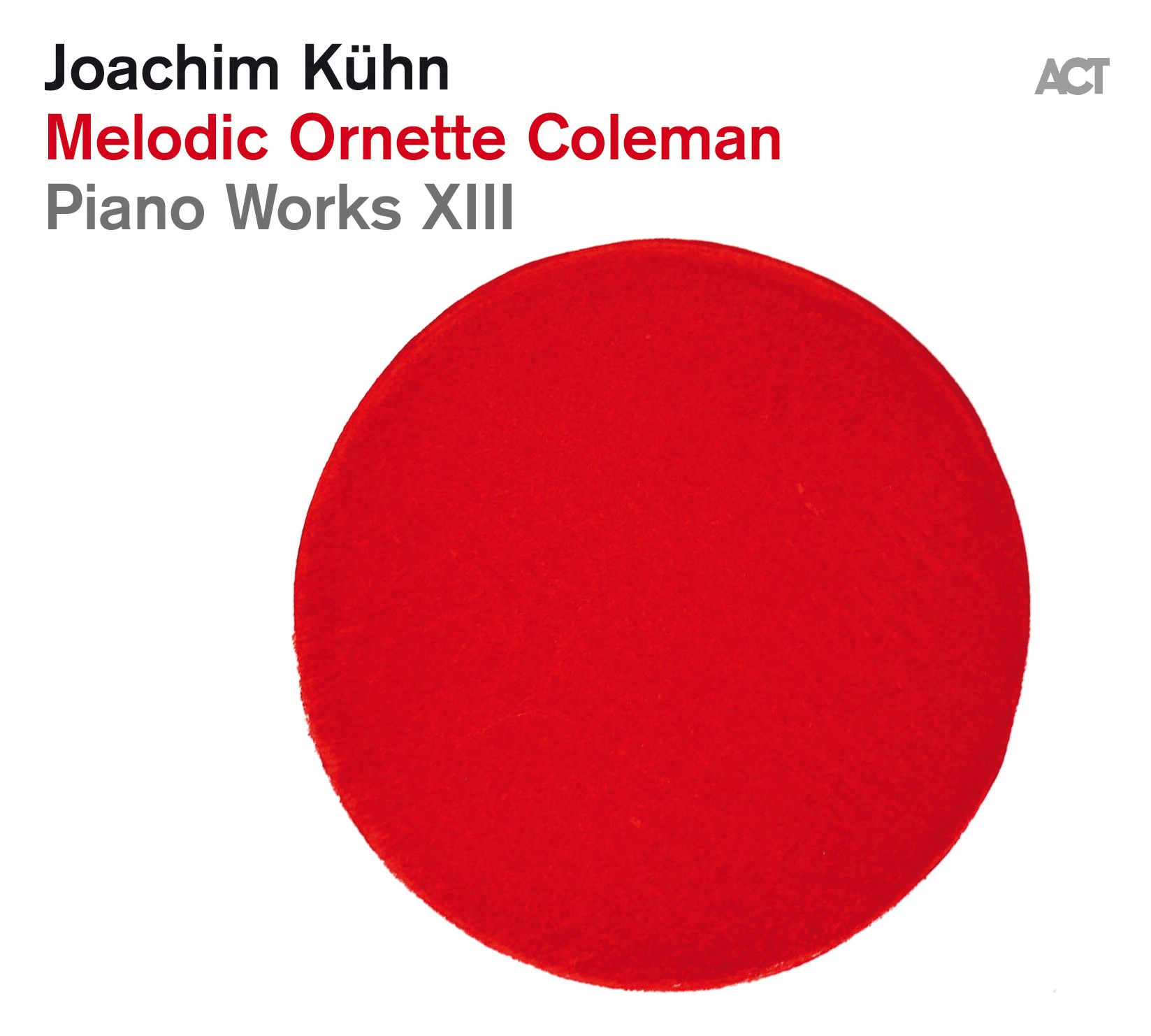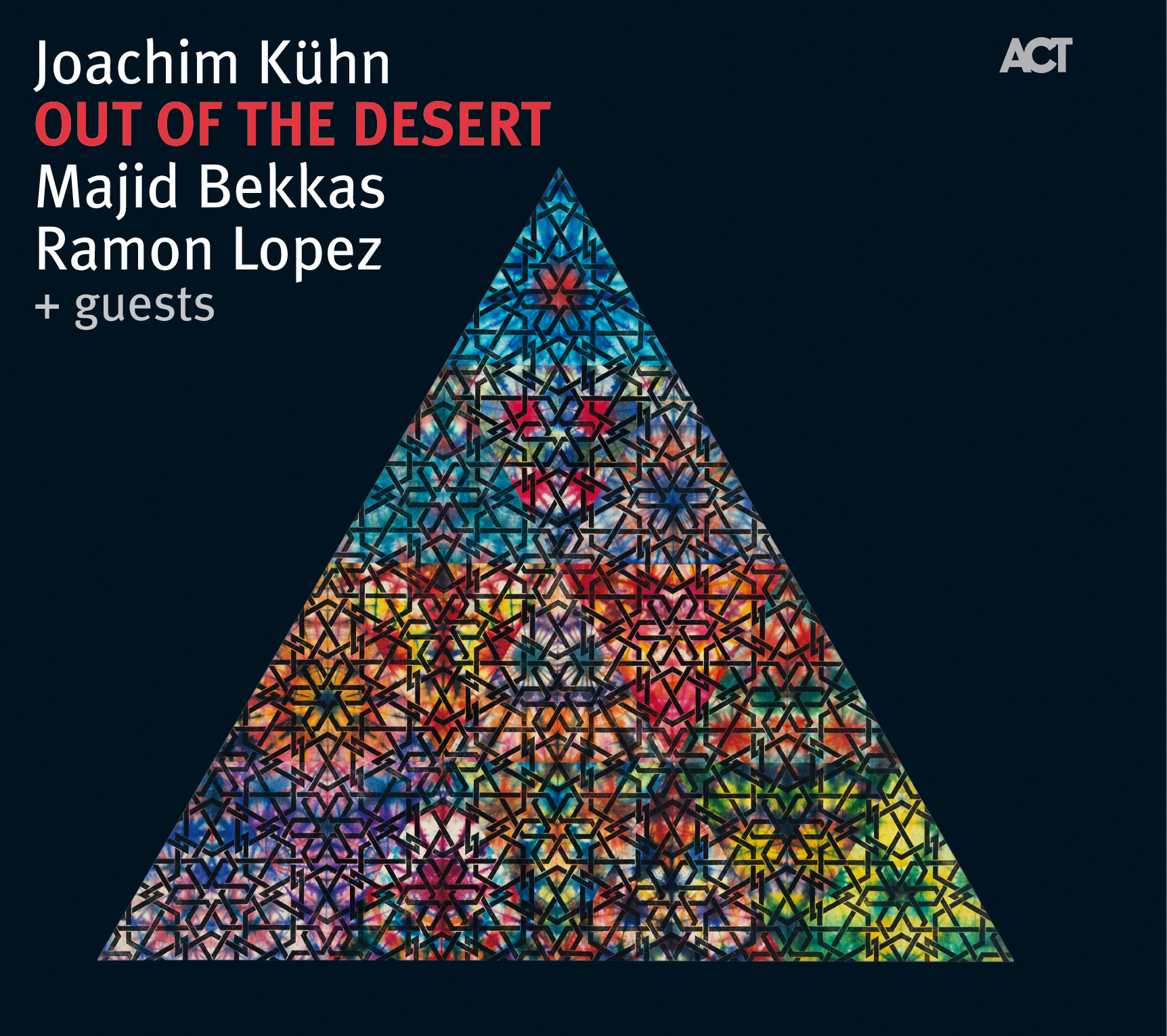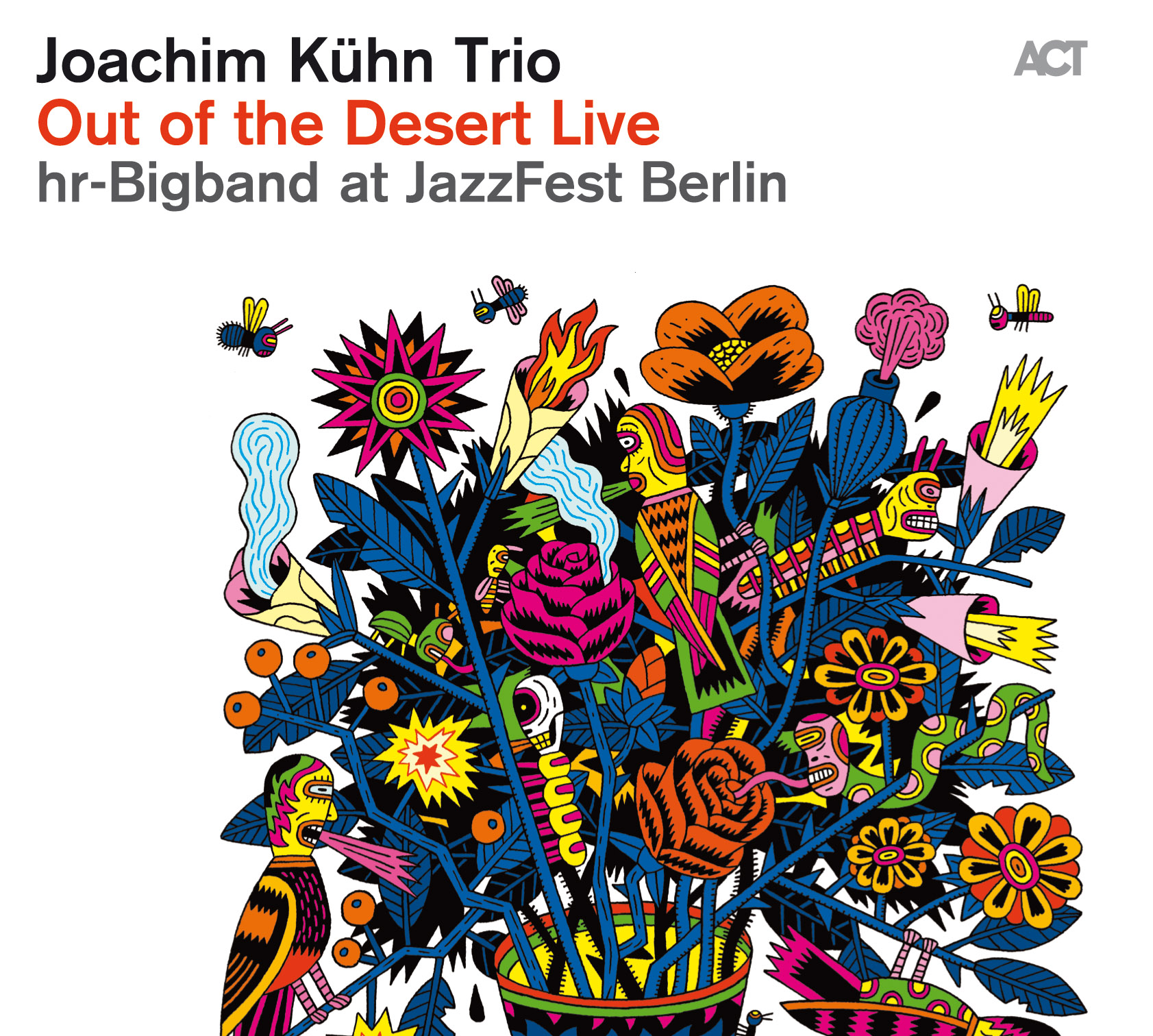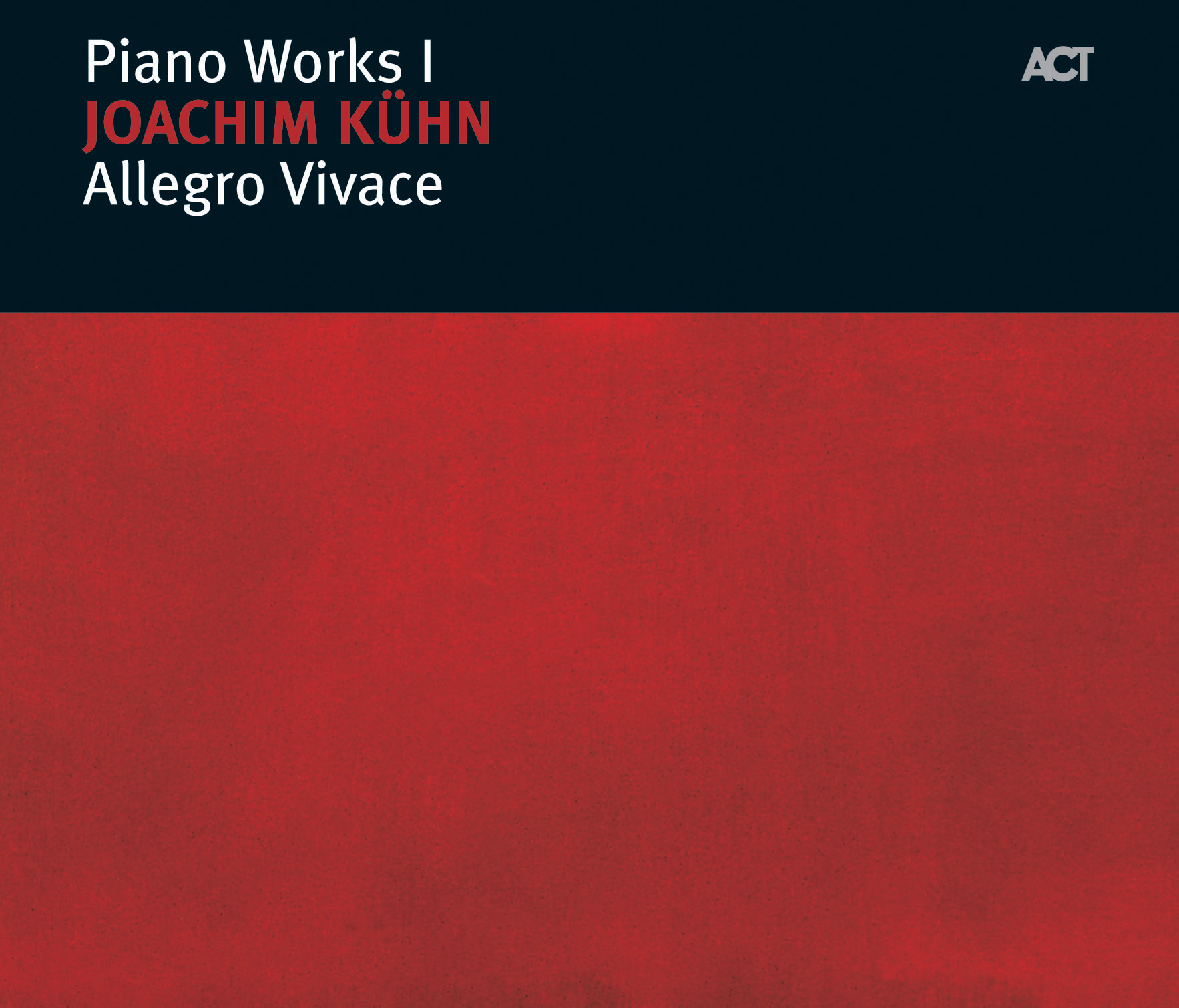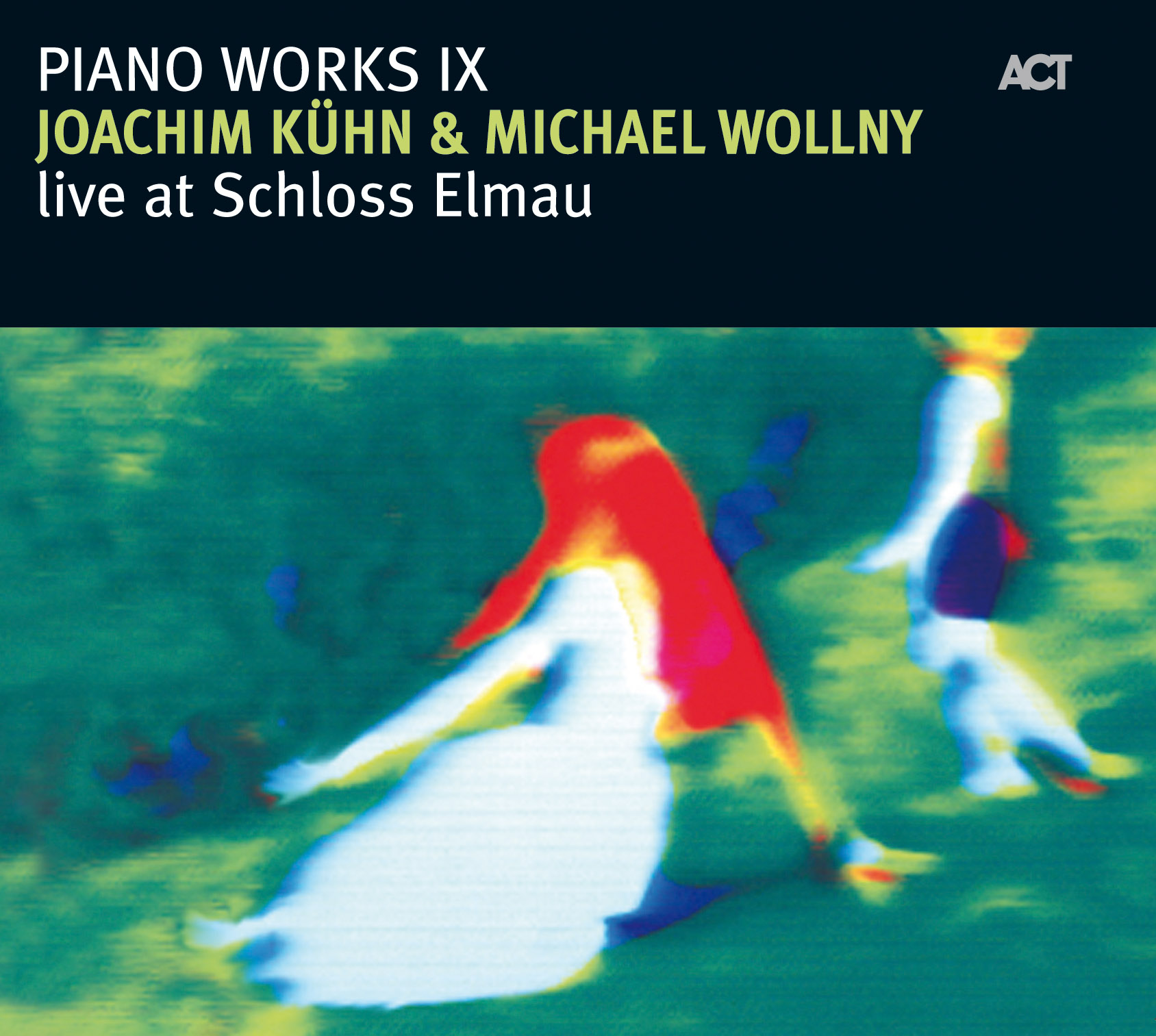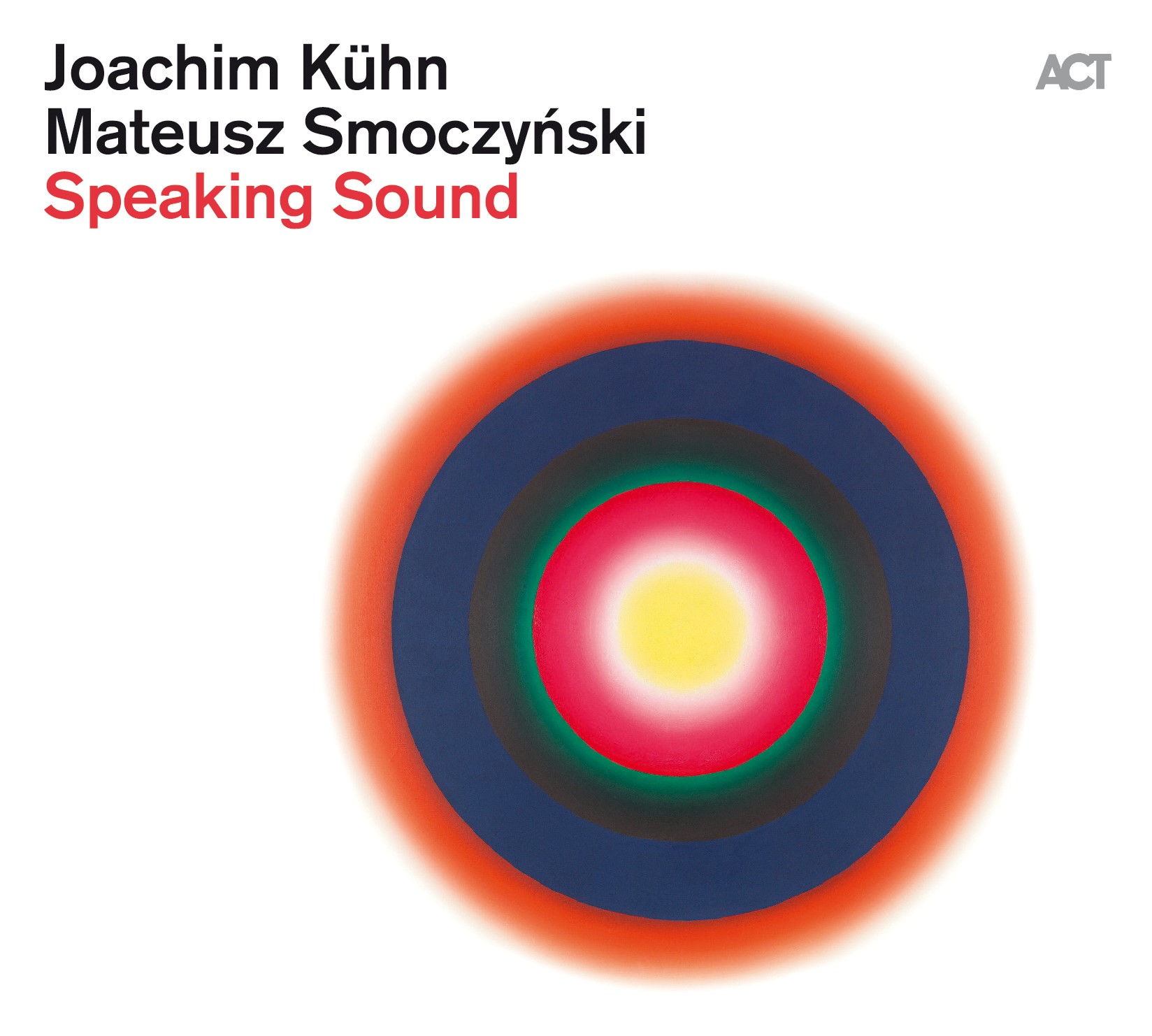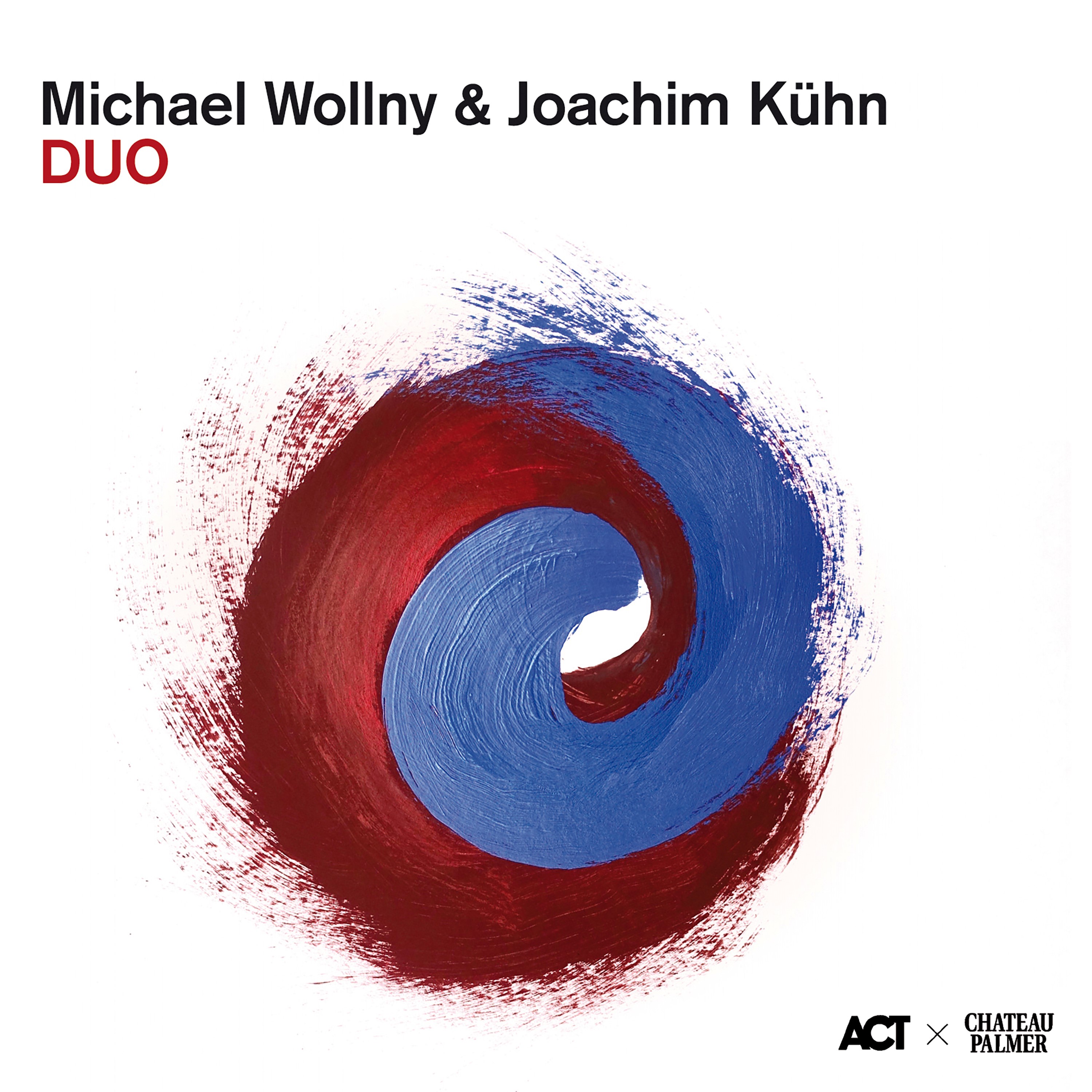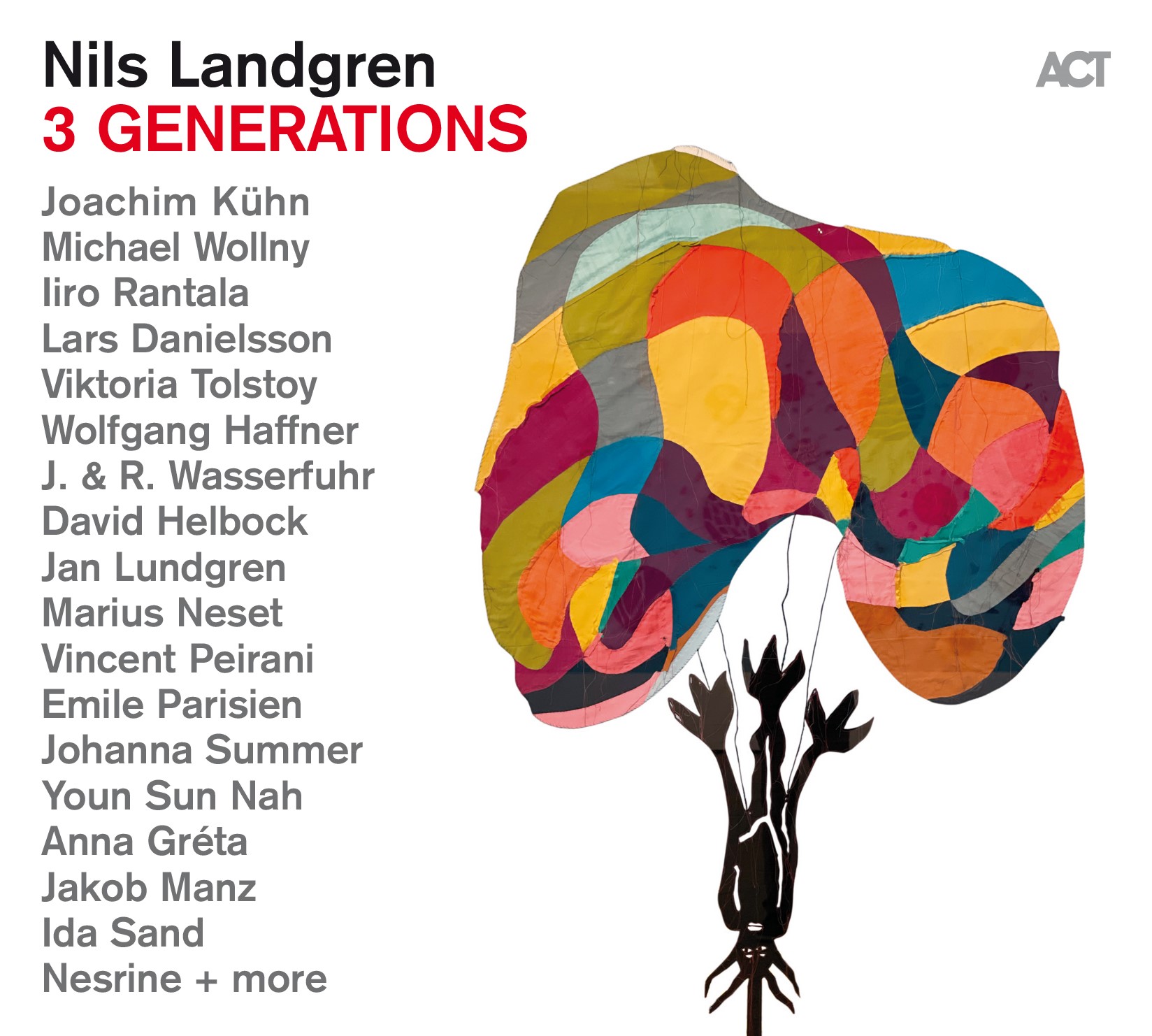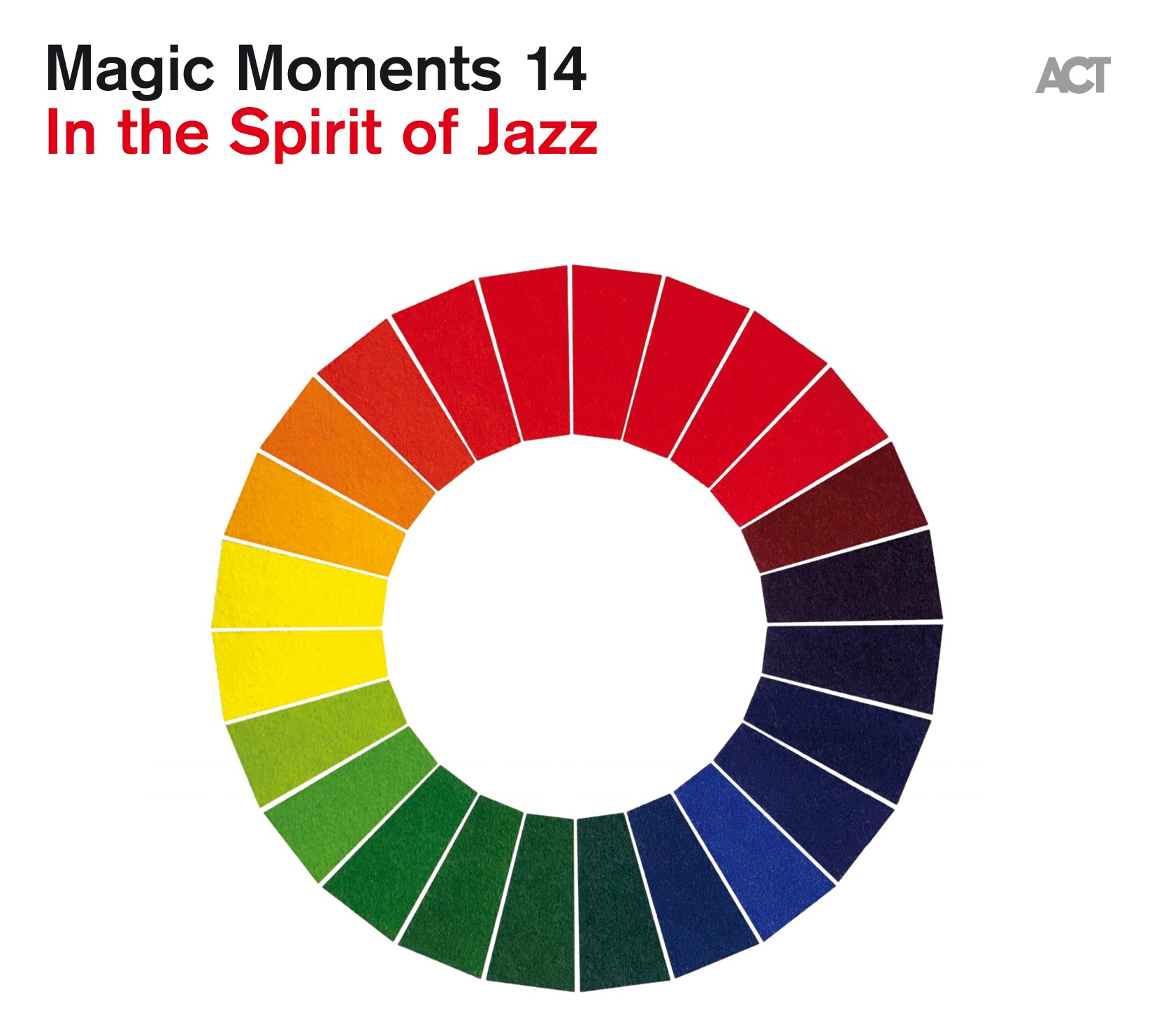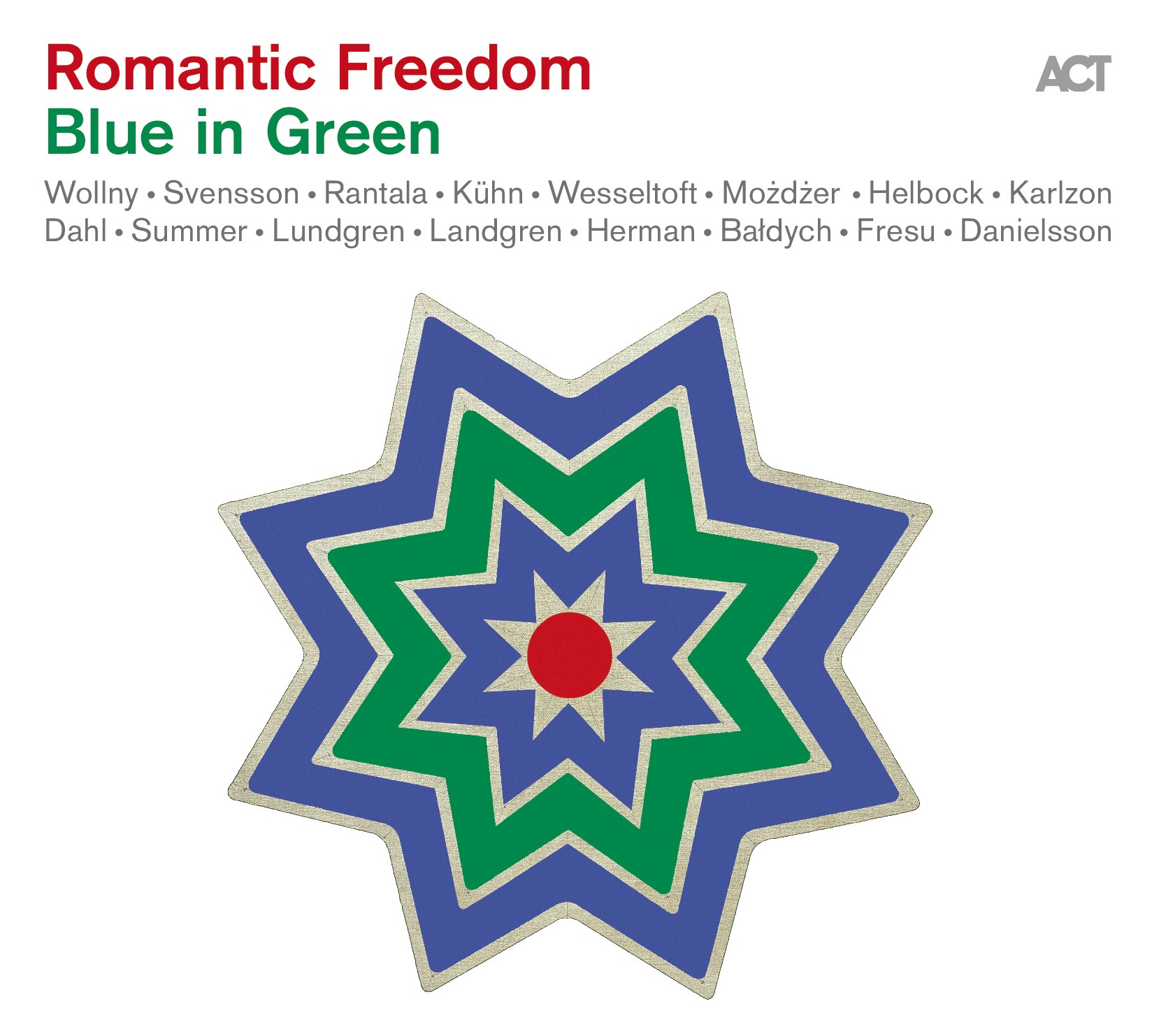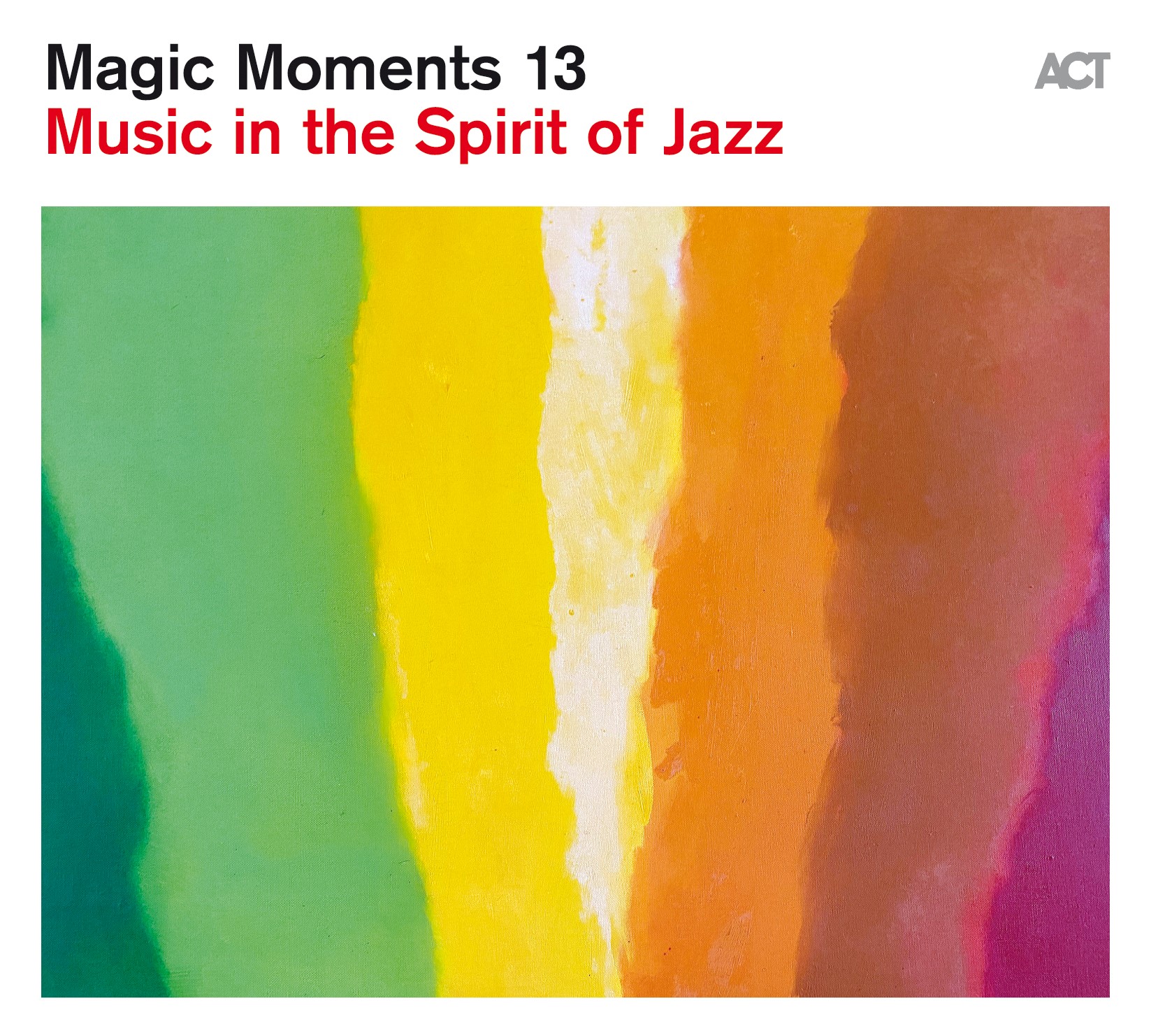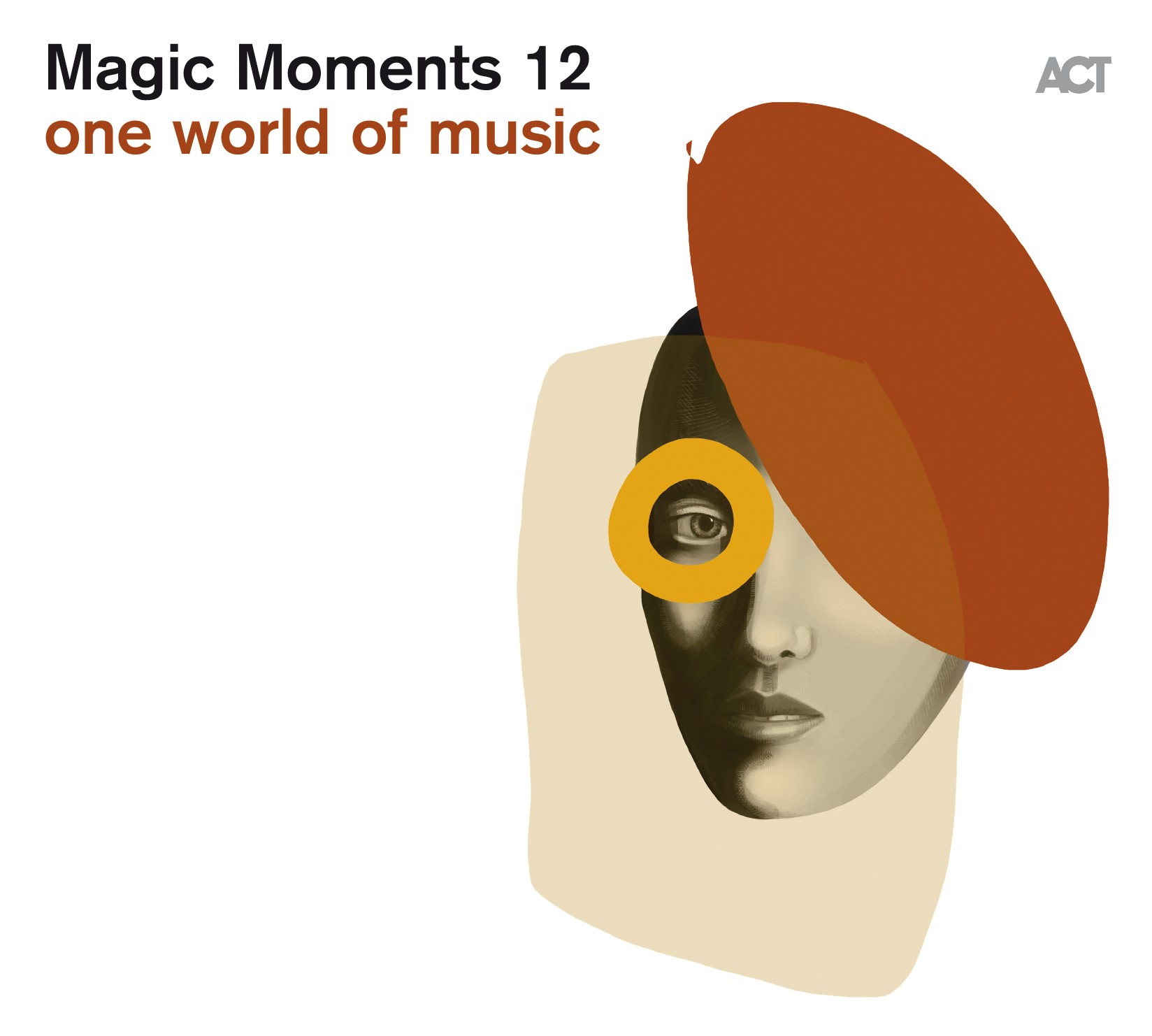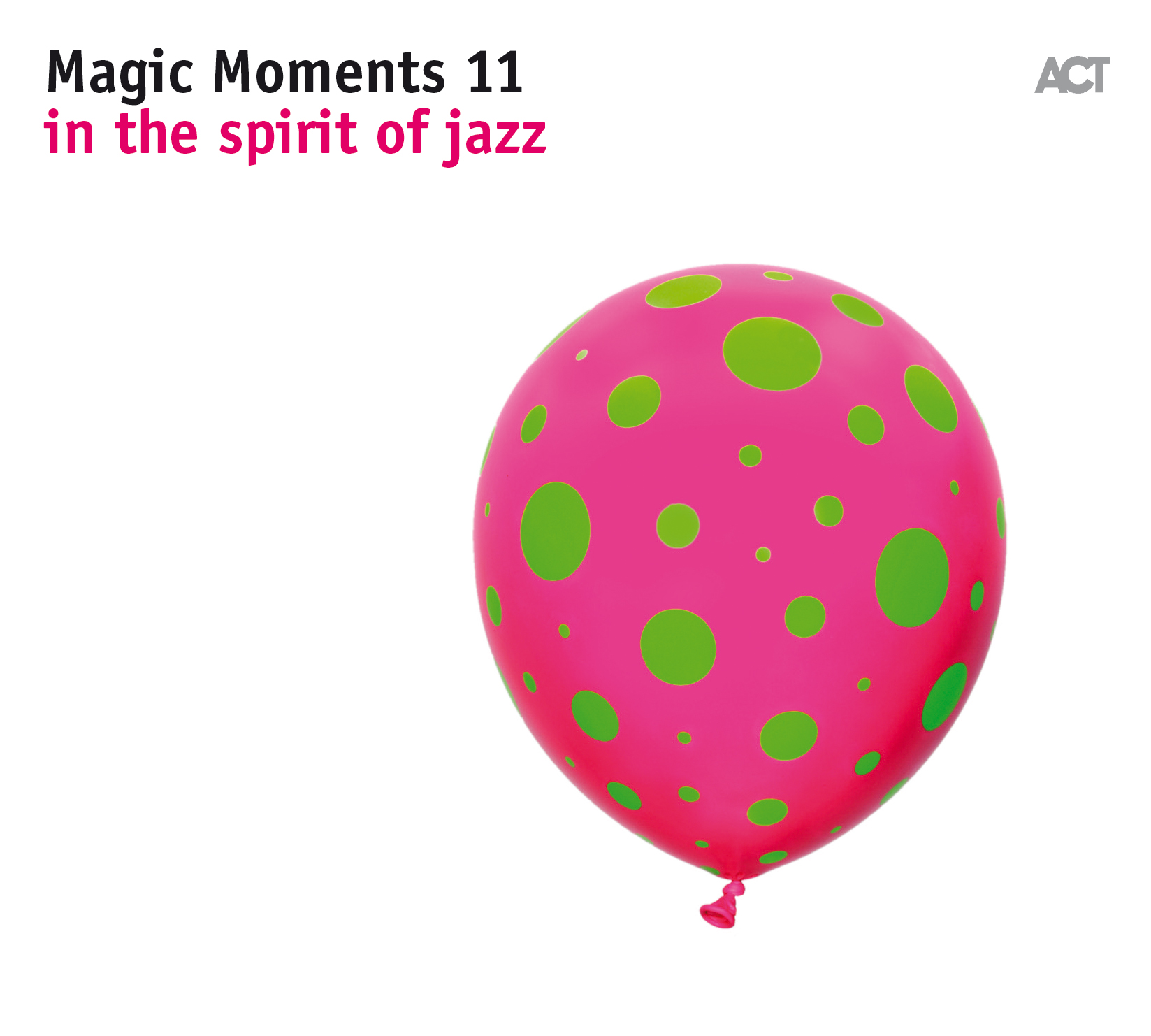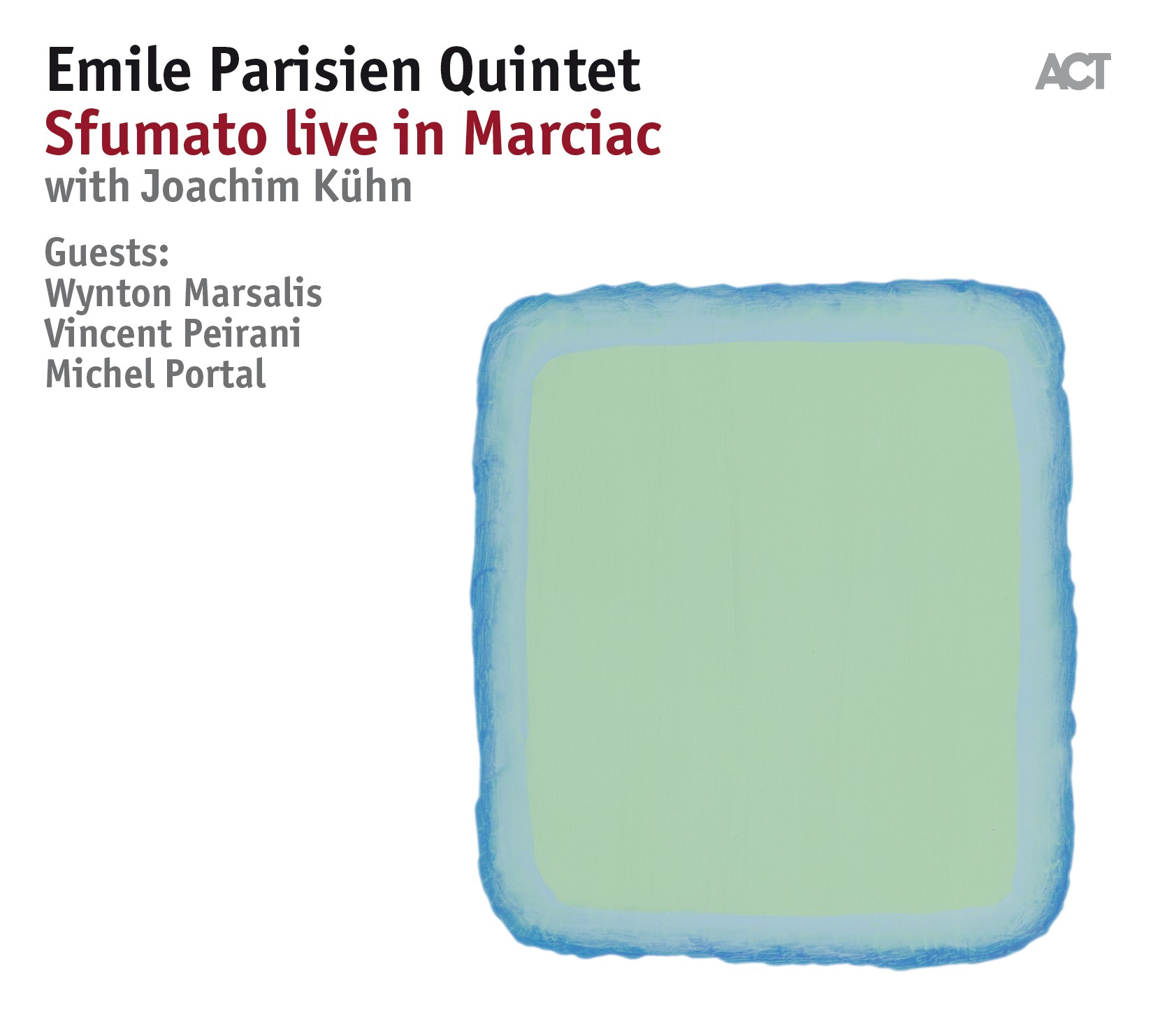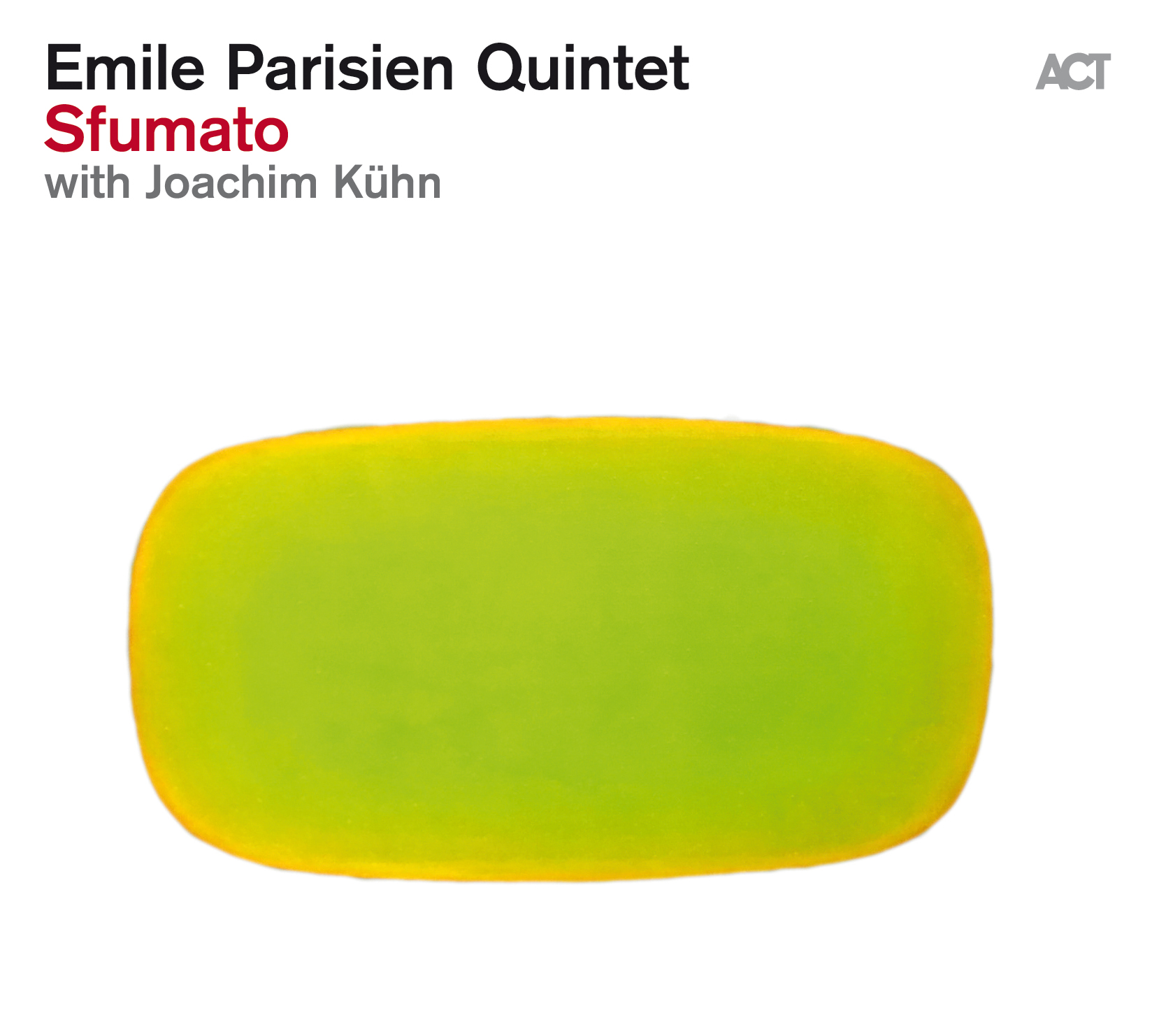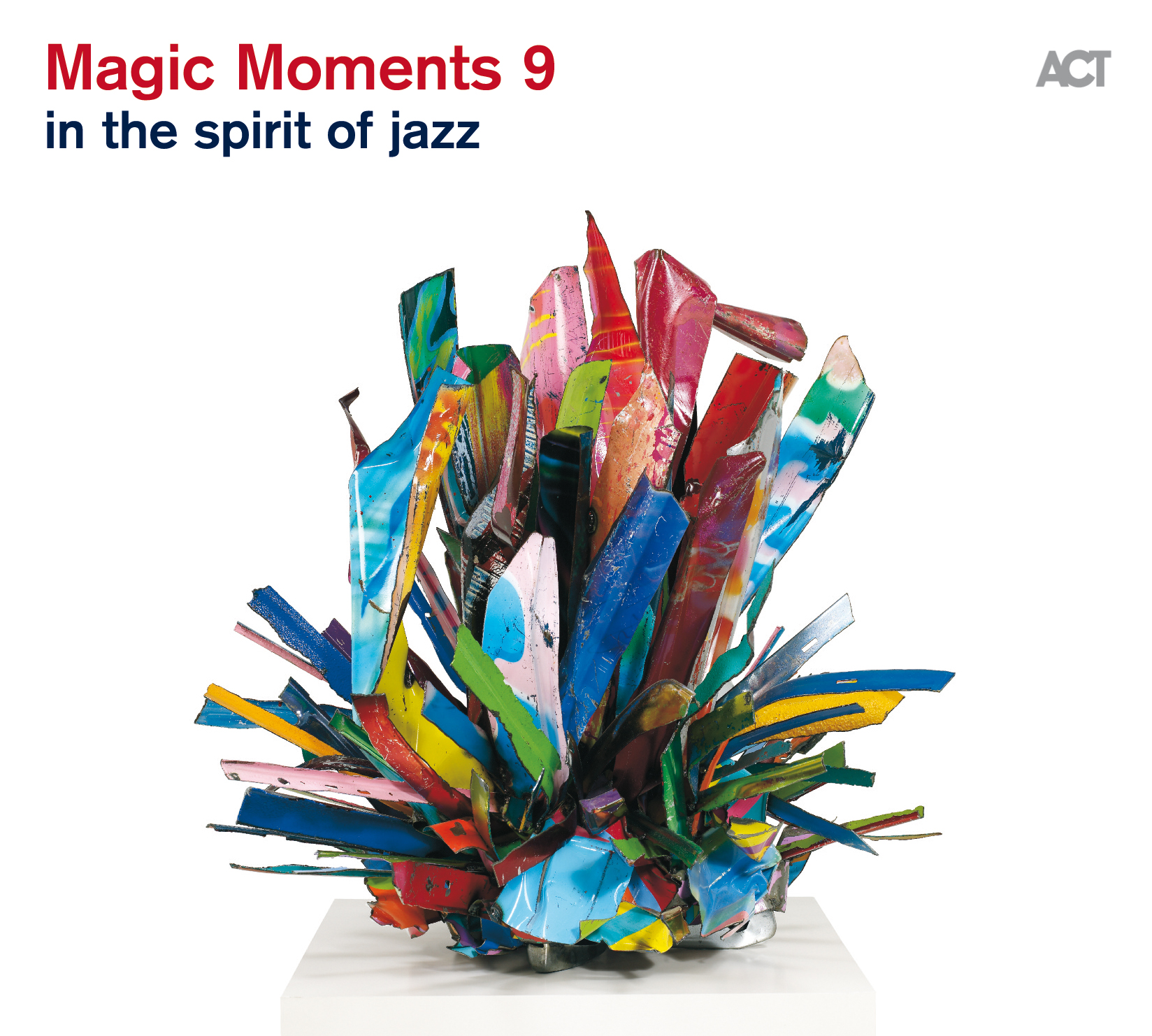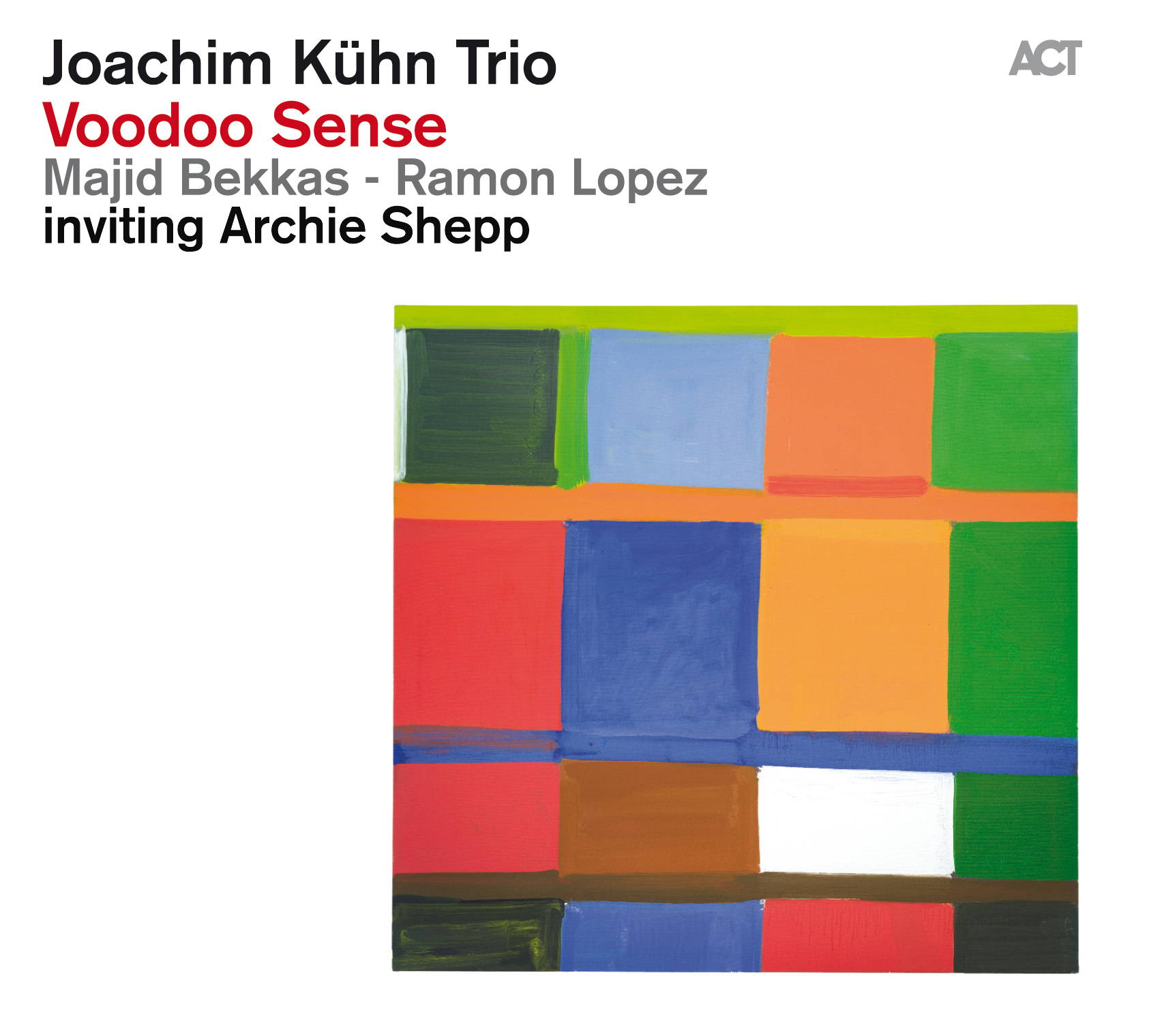Back
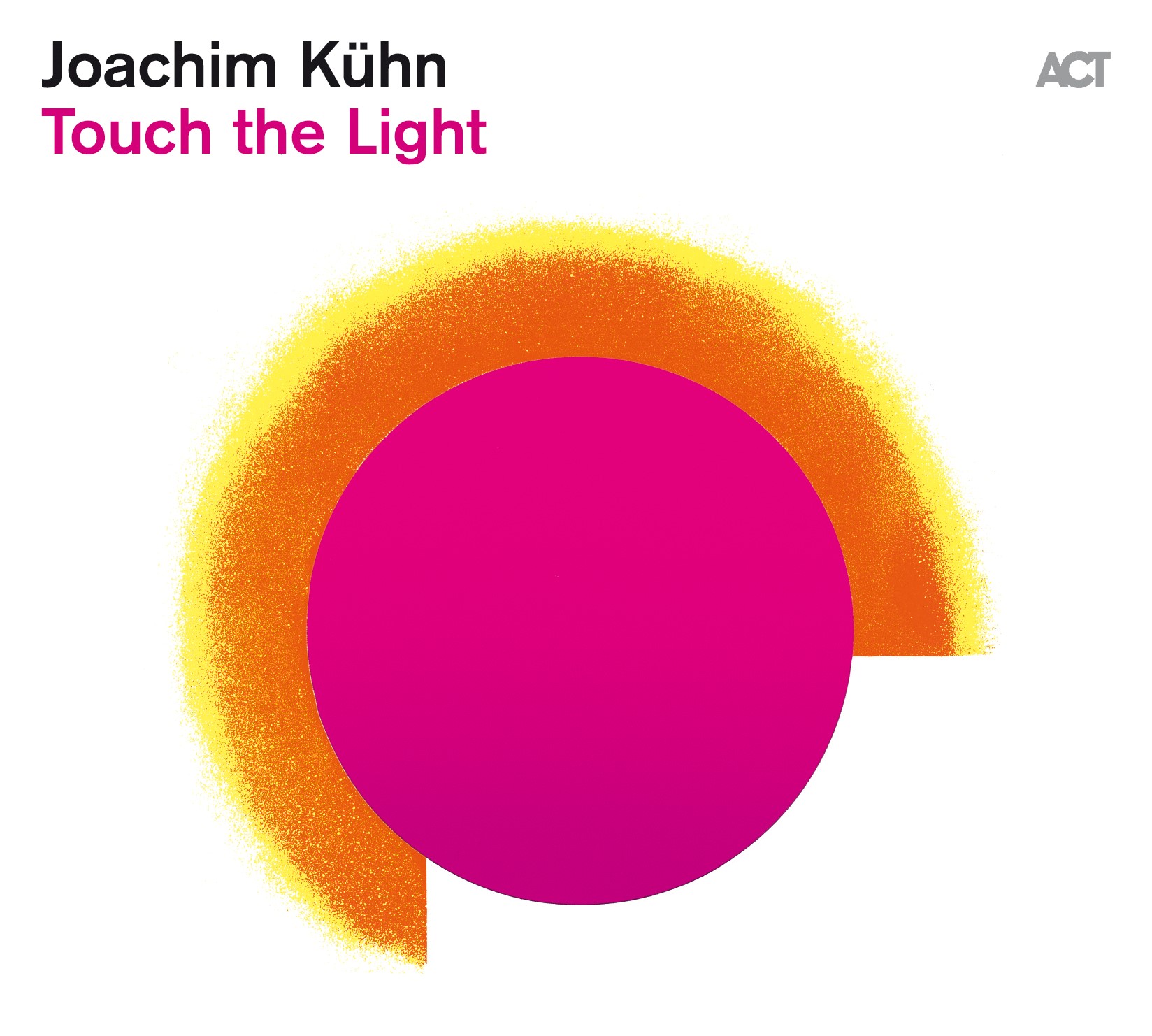
![Touch the Light Touch the Light]()


VÖ: 26.02.2021
Genre: Beliebte Alben, Piano Jazz
Joachim Kühn / piano
„Vielleicht, wenn ich neunzig bin...“ lautete Joachim Kühns Antwort, als Produzent Siggi Loch ihm vor einiger Zeit vorschlug, ein Balladenalbum aufzunehmen. Der heute 76-jährige, international wohl einflussreichste deutsche Jazzer, scheint ja umso kreativer und produktiver zu werden, je älter er wird. „Mich interessiert nur noch meine Musik“, sagt er im fortgeschrittenen Alter gern, und tatsächlich war er damit ausgiebig beschäftigt, als Loch anfragte, zuletzt mit seinem neuen Duo mit dem jungen polnischen Geiger Mateusz Smoczyński und der Hommage an seinen langjährigen Weggefährten Ornette Coleman. Doch die Balladen-Idee wirkte nach und Kühn öffnete sich schließlich dem Thema. Dass er im Corona-Jahr mehr Zeit denn je in seinem Haus auf Ibiza verbrachte, seinem kreativen Rückzugsort, beflügelte die Sache noch: „Hier kann ich mit meinem wundervollen Flügel und meinem DAT-Recorder einfach eine Aufnahme machen, wenn ich will. Wenn das Gefühl kommt, nehme ich einfach auf“, erzählt Kühn.
Über einen Zeitraum von rund fünfzehn Monaten schickte er rund vierzig Einzelspuren an Siggi Loch. Sozusagen als Destillat ist nun „Touch the Light“ entstanden – ein Balladen-Album, alleine am Klavier. Wobei jedes einzelne der 13 Stücke für Kühn eine besondere Bedeutung hat: „A Remark You Made“ von Joe Zawinul etwa führt ihn zurück zu einem Wendepunkt seiner Karriere: Zawinul war Juror beim Gulda-Wettbewerb 1966 in Wien, bei dem dem damals 22-jährigen Kühn die Flucht aus der DDR gelang. Gato Barbieris Thema aus „Der Letzte Tango in Paris“ erinnert nicht nur daran, dass Barbieri 1972 Kühn für den Soundtrack engagierte, sondern es ist auch eine Melodie, die er später unzählige Male in seinem erfolgreichen Trio mit Daniel Humair und Jean-Francois Jenny-Clark spielen sollte. Und das Allegretto aus Beethovens 7. Sinfonie rückt nicht nur einen Komponisten in den Vordergrund, dessen Musik Kühn immer tief beeindruckt hat, sondern auch die Tatsache, dass seine optische Ähnlichkeit mit Beethoven dazu führte, dass ihm seine Mitmusiker den Spitznamen „Beethoven“ gaben.
Sein eigener Klassiker "Sintra" entstand während eines friedlichen Moments in einem Café im ehemaligen Heiligtum der portugiesischen Könige. Und der jüngst komponierte Titeltrack „Touch the Light“ fängt die Schönheit des Sonnenuntergangs über dem Meer ein, den Kühn oft, am Flügel sitzend, von seinem Musikzimmer aus betrachtet.
Wenn es denn noch eines Beweises bedurft hätte, wie monolithisch und unverwechselbar Joachim Kühn in der Jazzwelt dasteht, „Touch the Light“ liefert ihn. Ganz alleine am Flügel und mit einem auf den ersten Blick stark einschränkenden Thema breitet Kühn einen ganzen Klangkosmos aus. Vom der unbeschreiblichen Zartheit des Anschlags in Beethovens „Allegretto“, dem tröstenden, ruhigen Puls von Mal Waldrons „Warm Canto“, dem sanften Rubato-Fluss im Standard „Stardust“ oder dem zu Tränen rührenden Pathos in „Purple Rain“ von Prince, über die würdevolle Version von Bill Evans' „Peace Piece“ und die lässige Weite von Milton Nascimentos „Ponta de Areia“ (zugleich eine Hommage an die luftige, lyrische Saxofon-Stimme von Wayne Shorter), bis hin zum zur energischen Stakkato-Etüde gewandelten Rhythm & Blues-Klassikers „Fever“ und einer Lehrstunde in Freiheit und Improvisation mit „Sintra“.
So vielseitig und vielschichtig dies ist, so schlüssig und rund ist doch der Bogen, den „Touch the Light“ schlägt. Und so unverrückbar und unverkennbar nach Joachim Kühn klingt jede Note, nach seiner einzigartigen Stilistik und seiner alchemistischen Kunst, den Zuhörer in Atem zu halten. Den großen Freigeist, Improvisator und Harmonik-Revolutionär hat hier die schiere Lust an der Melodie gepackt, an Balladengefühlen. Und so gilt für das gesamte Album, was Kühn für das Titelstück sagt: „Hier steckt eine Menge Liebe drin. Und Freude.“
„Vielleicht, wenn ich neunzig bin...“ lautete Joachim Kühns Antwort, als Produzent Siggi Loch ihm vor einiger Zeit vorschlug, ein Balladenalbum aufzunehmen. Der heute 76-jährige, international wohl einflussreichste deutsche Jazzer, scheint ja umso kreativer und produktiver zu werden, je älter er wird. „Mich interessiert nur noch meine Musik“, sagt er im fortgeschrittenen Alter gern, und tatsächlich war er damit ausgiebig beschäftigt, als Loch anfragte, zuletzt mit seinem neuen Duo mit dem jungen polnischen Geiger Mateusz Smoczyński und der Hommage an seinen langjährigen Weggefährten Ornette Coleman. Doch die Balladen-Idee wirkte nach und Kühn öffnete sich schließlich dem Thema. Dass er im Corona-Jahr mehr Zeit denn je in seinem Haus auf Ibiza verbrachte, seinem kreativen Rückzugsort, beflügelte die Sache noch: „Hier kann ich mit meinem wundervollen Flügel und meinem DAT-Recorder einfach eine Aufnahme machen, wenn ich will. Wenn das Gefühl kommt, nehme ich einfach auf“, erzählt Kühn.
Über einen Zeitraum von rund fünfzehn Monaten schickte er rund vierzig Einzelspuren an Siggi Loch. Sozusagen als Destillat ist nun „Touch the Light“ entstanden – ein Balladen-Album, alleine am Klavier. Wobei jedes einzelne der 13 Stücke für Kühn eine besondere Bedeutung hat: „A Remark You Made“ von Joe Zawinul etwa führt ihn zurück zu einem Wendepunkt seiner Karriere: Zawinul war Juror beim Gulda-Wettbewerb 1966 in Wien, bei dem dem damals 22-jährigen Kühn die Flucht aus der DDR gelang. Gato Barbieris Thema aus „Der Letzte Tango in Paris“ erinnert nicht nur daran, dass Barbieri 1972 Kühn für den Soundtrack engagierte, sondern es ist auch eine Melodie, die er später unzählige Male in seinem erfolgreichen Trio mit Daniel Humair und Jean-Francois Jenny-Clark spielen sollte. Und das Allegretto aus Beethovens 7. Sinfonie rückt nicht nur einen Komponisten in den Vordergrund, dessen Musik Kühn immer tief beeindruckt hat, sondern auch die Tatsache, dass seine optische Ähnlichkeit mit Beethoven dazu führte, dass ihm seine Mitmusiker den Spitznamen „Beethoven“ gaben.
Sein eigener Klassiker "Sintra" entstand während eines friedlichen Moments in einem Café im ehemaligen Heiligtum der portugiesischen Könige. Und der jüngst komponierte Titeltrack „Touch the Light“ fängt die Schönheit des Sonnenuntergangs über dem Meer ein, den Kühn oft, am Flügel sitzend, von seinem Musikzimmer aus betrachtet.
Wenn es denn noch eines Beweises bedurft hätte, wie monolithisch und unverwechselbar Joachim Kühn in der Jazzwelt dasteht, „Touch the Light“ liefert ihn. Ganz alleine am Flügel und mit einem auf den ersten Blick stark einschränkenden Thema breitet Kühn einen ganzen Klangkosmos aus. Vom der unbeschreiblichen Zartheit des Anschlags in Beethovens „Allegretto“, dem tröstenden, ruhigen Puls von Mal Waldrons „Warm Canto“, dem sanften Rubato-Fluss im Standard „Stardust“ oder dem zu Tränen rührenden Pathos in „Purple Rain“ von Prince, über die würdevolle Version von Bill Evans' „Peace Piece“ und die lässige Weite von Milton Nascimentos „Ponta de Areia“ (zugleich eine Hommage an die luftige, lyrische Saxofon-Stimme von Wayne Shorter), bis hin zum zur energischen Stakkato-Etüde gewandelten Rhythm & Blues-Klassikers „Fever“ und einer Lehrstunde in Freiheit und Improvisation mit „Sintra“.
So vielseitig und vielschichtig dies ist, so schlüssig und rund ist doch der Bogen, den „Touch the Light“ schlägt. Und so unverrückbar und unverkennbar nach Joachim Kühn klingt jede Note, nach seiner einzigartigen Stilistik und seiner alchemistischen Kunst, den Zuhörer in Atem zu halten. Den großen Freigeist, Improvisator und Harmonik-Revolutionär hat hier die schiere Lust an der Melodie gepackt, an Balladengefühlen. Und so gilt für das gesamte Album, was Kühn für das Titelstück sagt: „Hier steckt eine Menge Liebe drin. Und Freude.“
Piano icon Joachim Kühn in his own right. An intimately reduced song album, which lets iconic titles from classical, pop and jazz shimmer in dark colours together with Kühn's own compositions. And the emotional essence of one of Europe's most complex musical personalities.
Joachim Kühn
Around his 80th birthday on 15 March 2024, the piano artistry of Joachim Kühn, Germany’s pre-eminent jazz pianist, is in its prime. Whereas he is able to draw on a vast wealth of experience from a life fully lived, his powers to concentrate entirely on the present and to live in the moment - things he has done all his life - are undimmed. Kühn’s 80th birthday is also a good moment to reflect on the extent to which the pianist has broken through internationally, and now has his place among the greats in a way that no other jazz pianist from Germany has achieved. He can look back on decades of creative work in which he has not just witnessed jazz history and adapted miraculously to it, but has also taken a role in shaping it and carrying it forward. Joachim Kühn has had a 50-year association with ACT founder Siggi Loch, stretching back to 1972 and the album "Springfever", released on Atlantic Records. Their partnership has prospered on ACT since 1992 and found a fruitful continuation in the current decade under Andreas Brandis. Kühn's 19 albums on ACT show a musician with a kaleidoscopic range. At the larger end of the scale is the jazz symphony "Europeana", other highlights include the Kühn / Bekkas / Lopez trio, which links North Africa with Europe, the Joachim Kühn New Trio, his fruitful cross-generational duo with Michael Wollny, and several solo recordings. In his playing, Joachim Kühn combines an irrepressible striving for artistic freedom with an unerring sense of musical quality in a way that is always truly compelling. Another hallmark is the way in which his playful lightness is always tinged with such strong and deep emotion. Each of Joachim Kühn's concerts or recordings is a special event. His beguiling improvisations unfold and develop in such fascinating ways, they seem to be happening of their own accord. And this is true not just of his solo performances, but equally in both his work in the New Trio with bassist Chris Jennings and drummer Eric Schaefer and his duo with Michael Wollny, - thirty-five years younger than him - which has been documented on two ACT albums, most recently "DUO", released in early 2024. Kühn and Wollny are kindred spirits in the depth of their musical sensibilities, in their exuberant imagination, their determination never to compromise artistically, and in their endeavours to transcend musical boundaries. Alongside echoes of the great classical and romantic piano tradition, Joachim Kühn - particularly in the trio- reveals how strongly and how fully he has assimilated the essence of jazz. Shadows and resonances of the past are transformed alchemically into an innovatively orientated sound language which is wholly his own.
Joachim Kühn's career is remarkable in the way it embraces different eras, countries and continents, and yet, despite the musical and political upheavals of the pianist’s eight decades, there is a constant: the pursuit of musical freedom. Born in Leipzig in 1944, he has had a homing instinct for the greats of the music since his earliest youth: John Coltrane, Ornette Coleman, Bach. His older brother, clarinettist Rolf Kühn, became his role model and later his musical partner. He had a long, intense and significant collaboration with his early idol Ornette Coleman. And his admiration for Johann Sebastian Bach became a powerful memory in his joint music-making with the choir from Bach’s own church, the Leipzig Thomanerchor. Joachim Kühn's career in music has been so many-faceted, a brief summary will never do it justice: free jazz in the cauldron of the sixties in Paris, fusion music in California, modern jazz in New York, solos, duos, trios, countless records, and finally the decision to settle in Ibiza, which is the base from which the pianist travels the world.
For someone like Joachim Kühn, who lives one hundred per cent through his immersion in music, there is no standing still. He is driven by a force within which leads him to continue to develop all the time. It would be understandable if he were just to stand back and take pride in all that he has achieved - but he won't. He has played with the elite of jazz, with musicians such as Ornette Coleman, Archie Shepp, Pharoah Sanders and Joe Henderson. He recorded "Impressions Of New York" with his brother Rolf and Coltrane's bassist Jimmy Garrison. His trio with Daniel Humair and Jean-François Jenny-Clark became an integral part of European jazz history. And in the trios with Majid Bekkas / Ramón López and Rabih Abou-Khalil, he succeeded in opening up jazz to the cultures of the world. But for this pianist, the search is never-ending. He threw off all constraints and limits from the perspective of technique long ago. What matters to him, he says, is pure music. And to make it with the greatest urgency and truthfulness.
CD
€17.50*
CD
€17.50*
Vinyl
€27.00*
SACD
€18.00*
2-CD
€20.00*
CD
€17.50*
CD
€17.50*
CD
€17.50*
CD
€17.50*
CD
€17.50*
Joachim Kühn
Vinyl
€27.00*
Tip
Tip
€12.90*
CD
€17.50*
€20.00*
CD
€17.50*
€17.50*
€17.50*
CD
€17.50*
2-CD
€20.00*
€17.50*
CD
€17.50*
